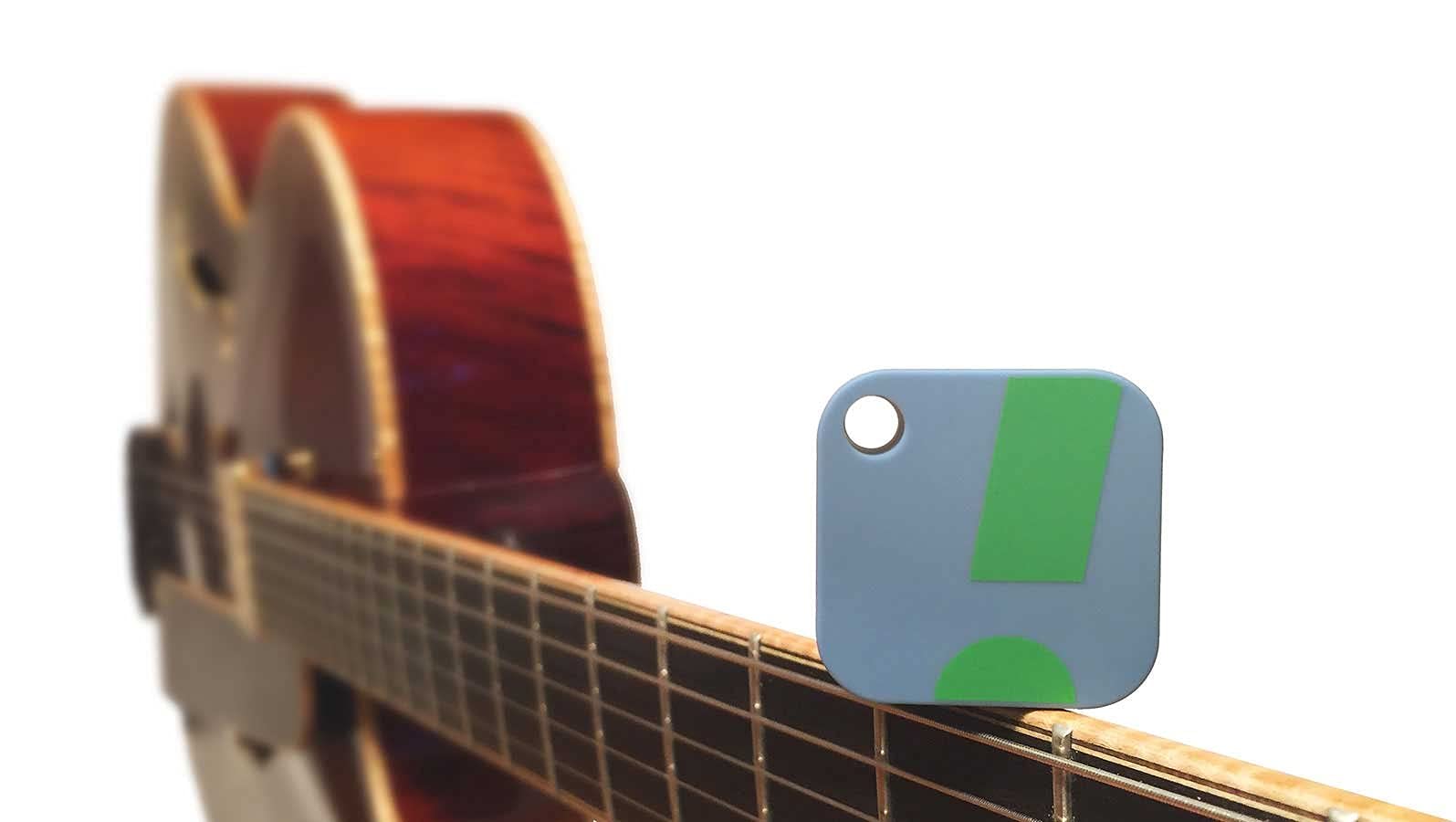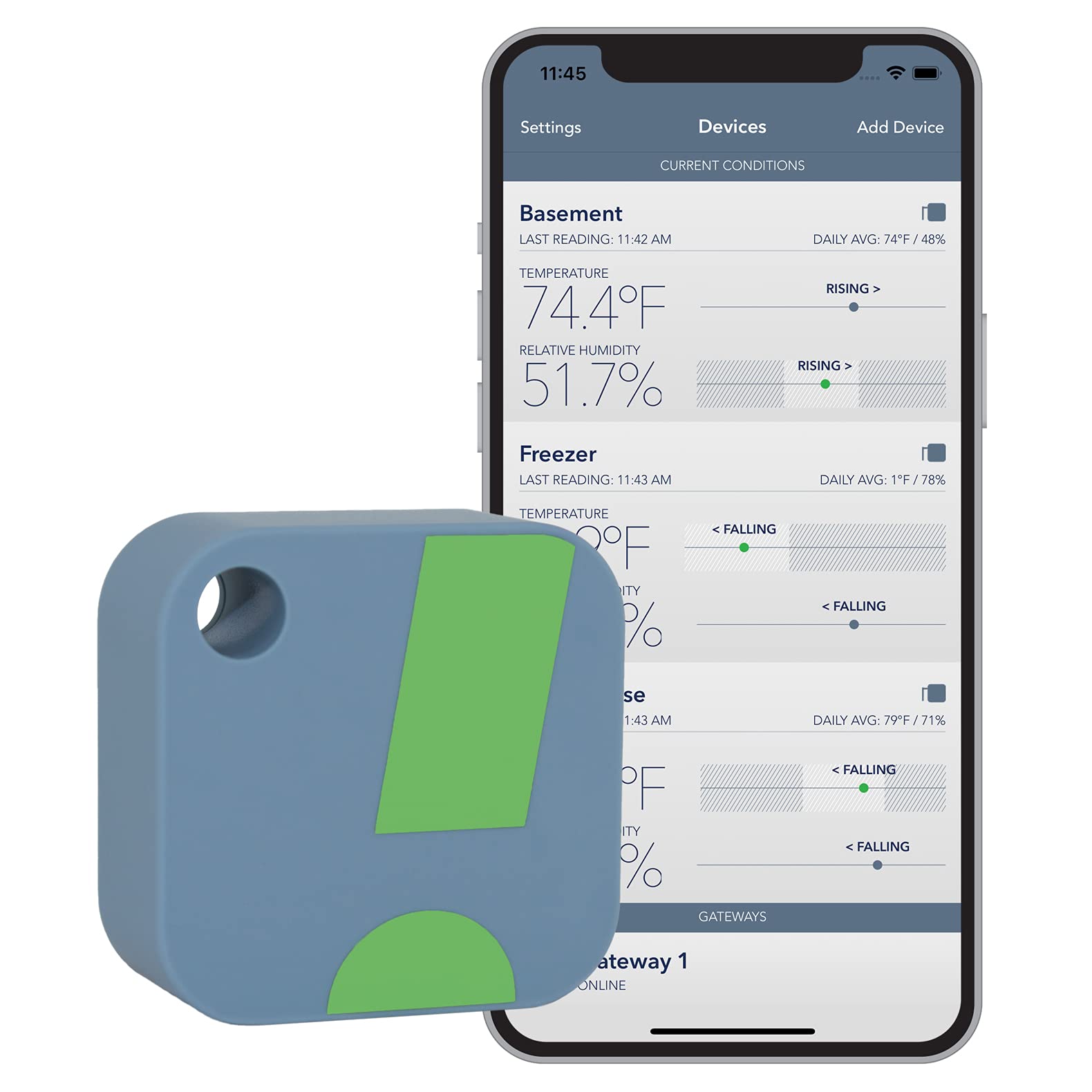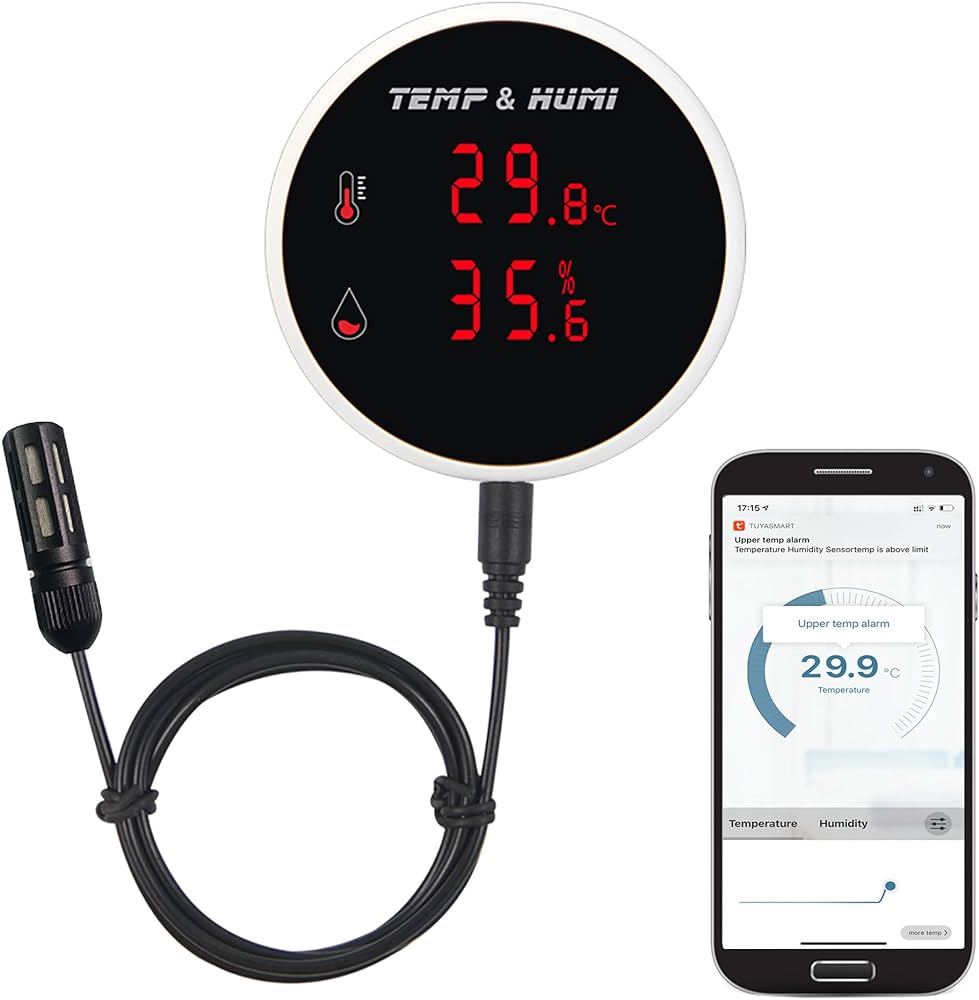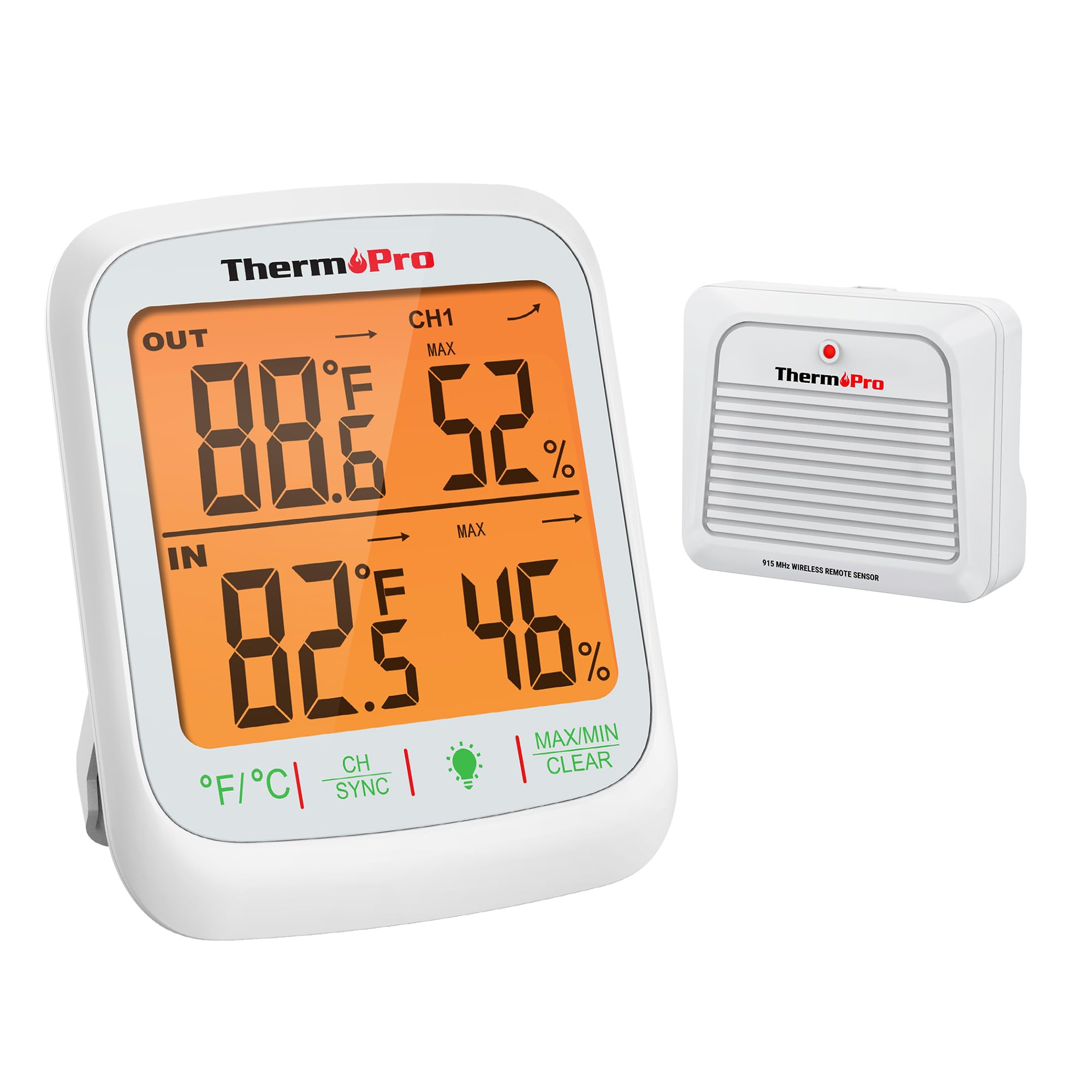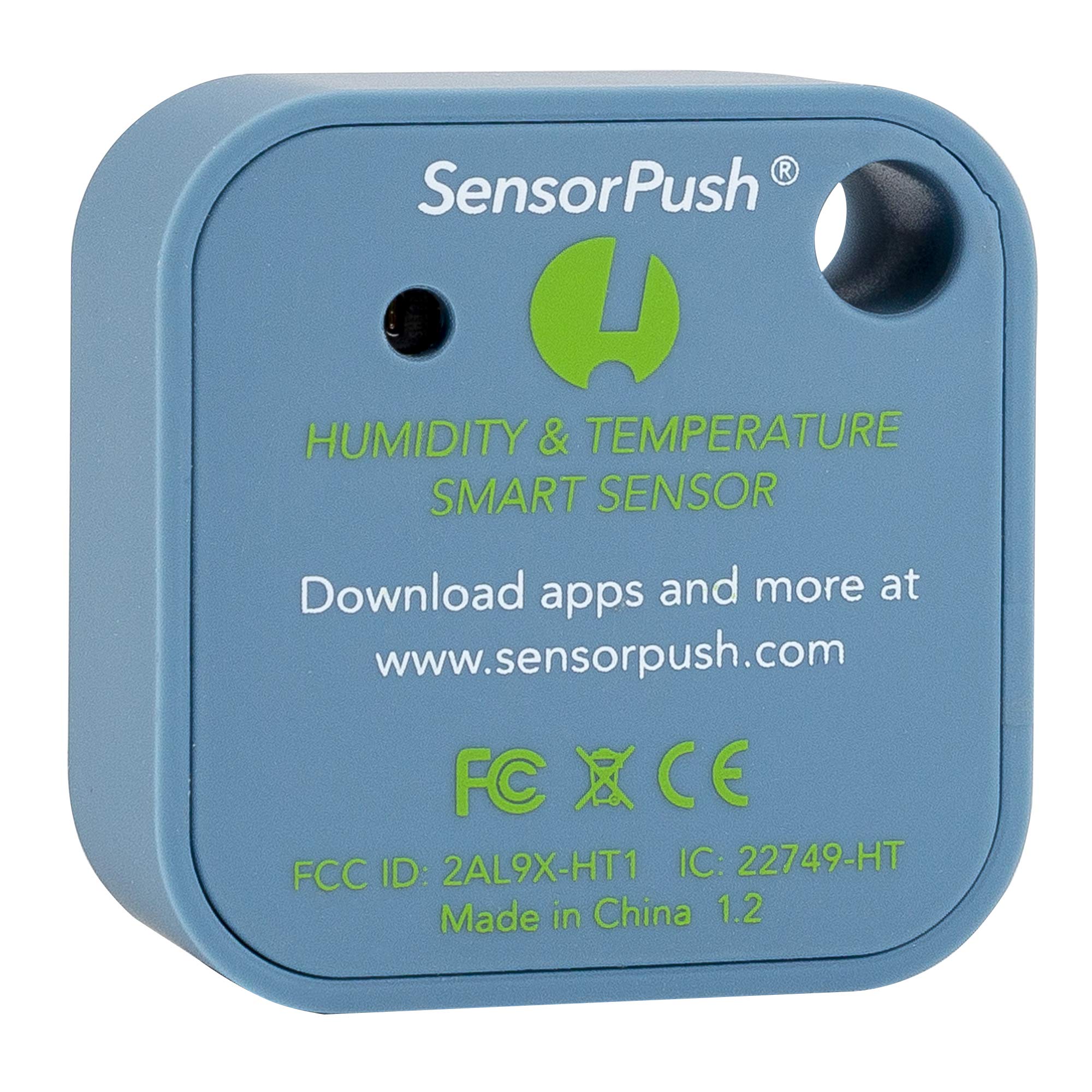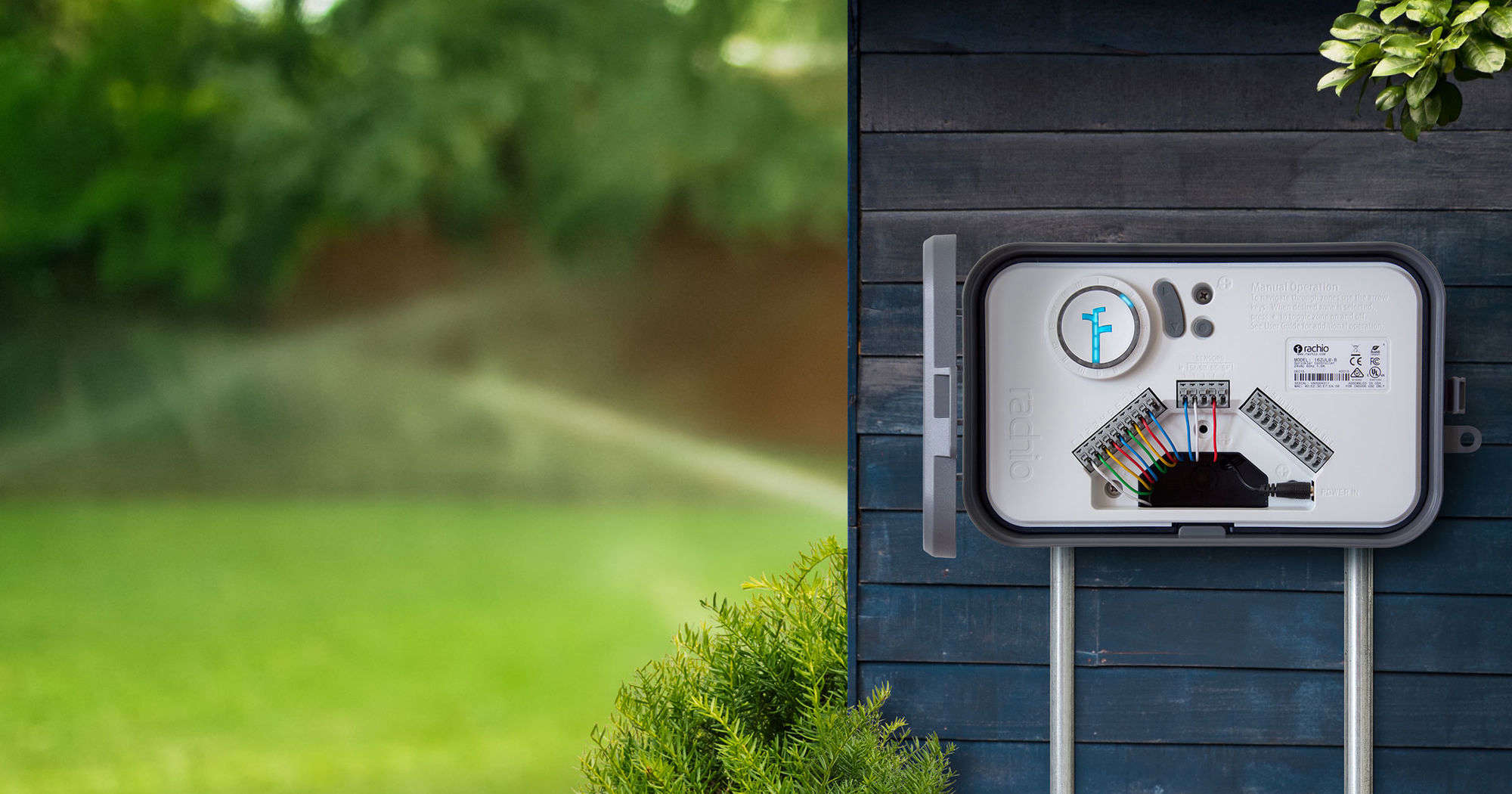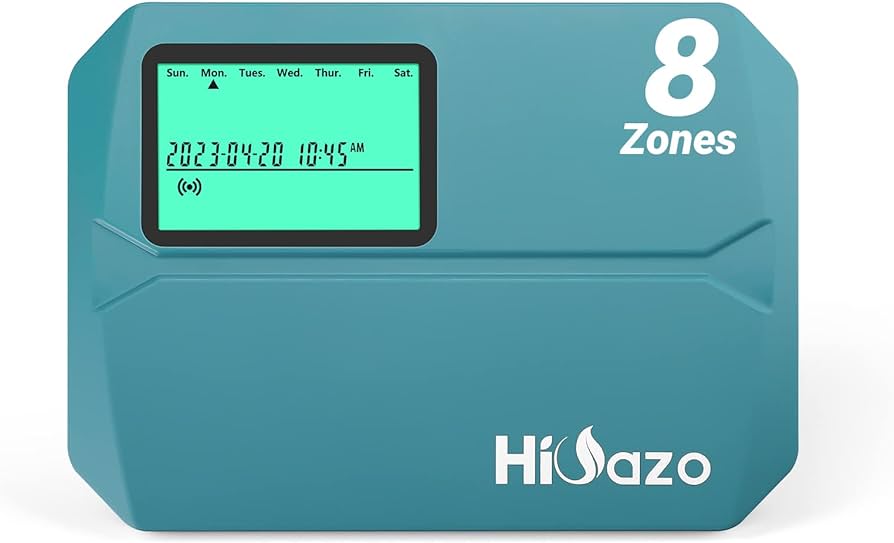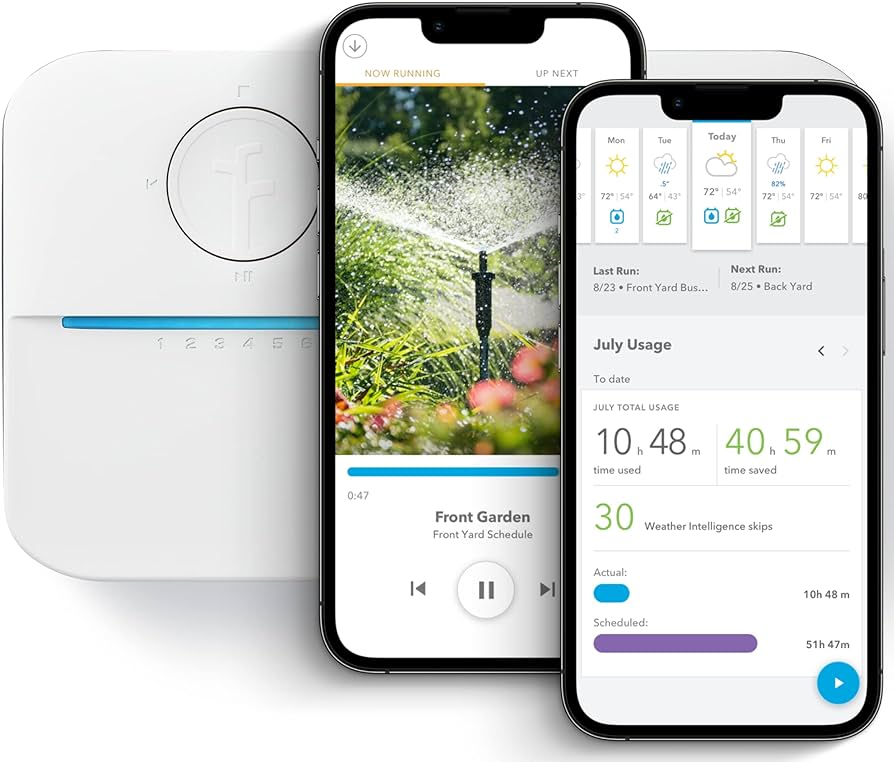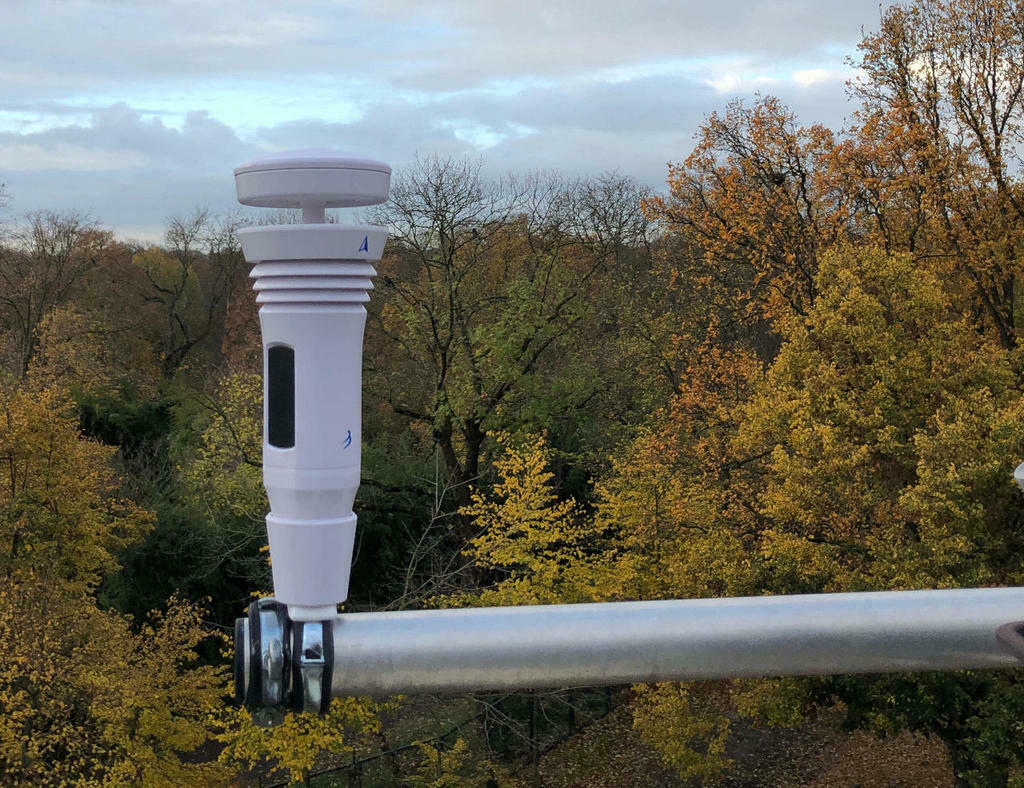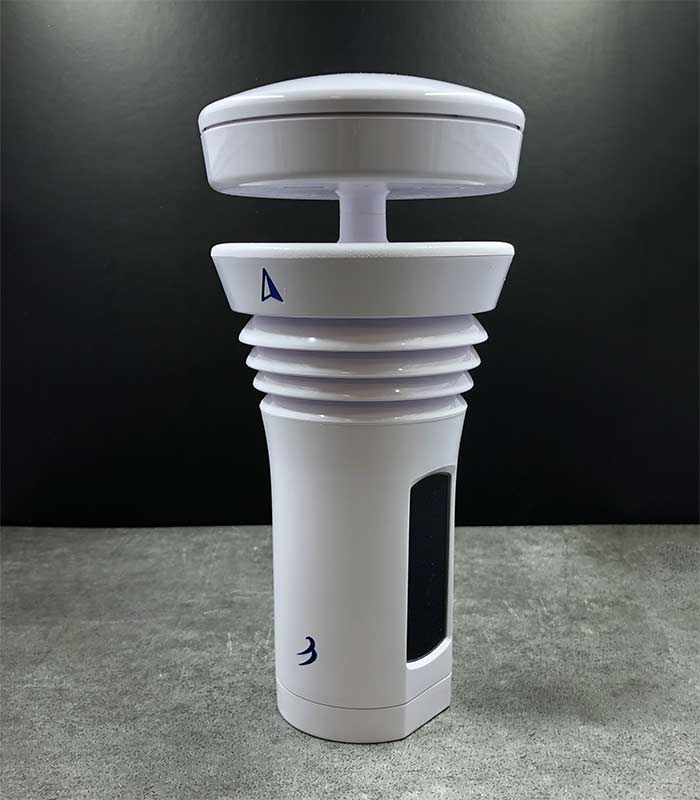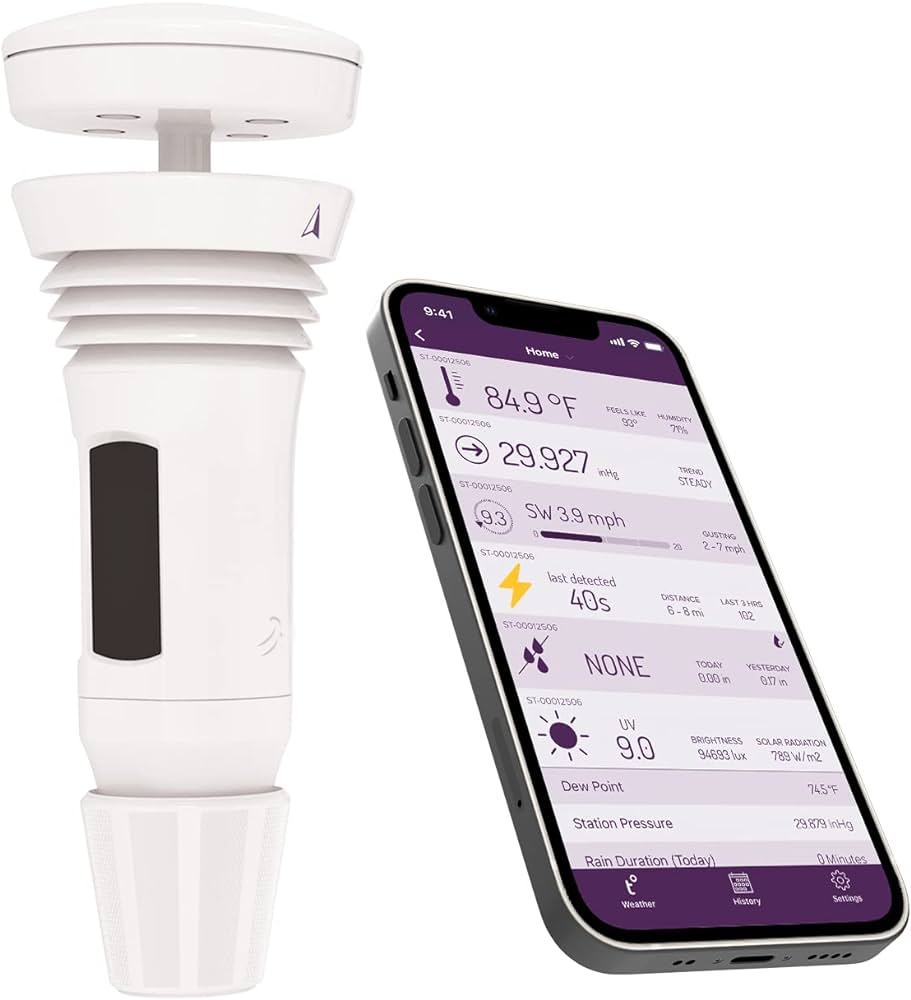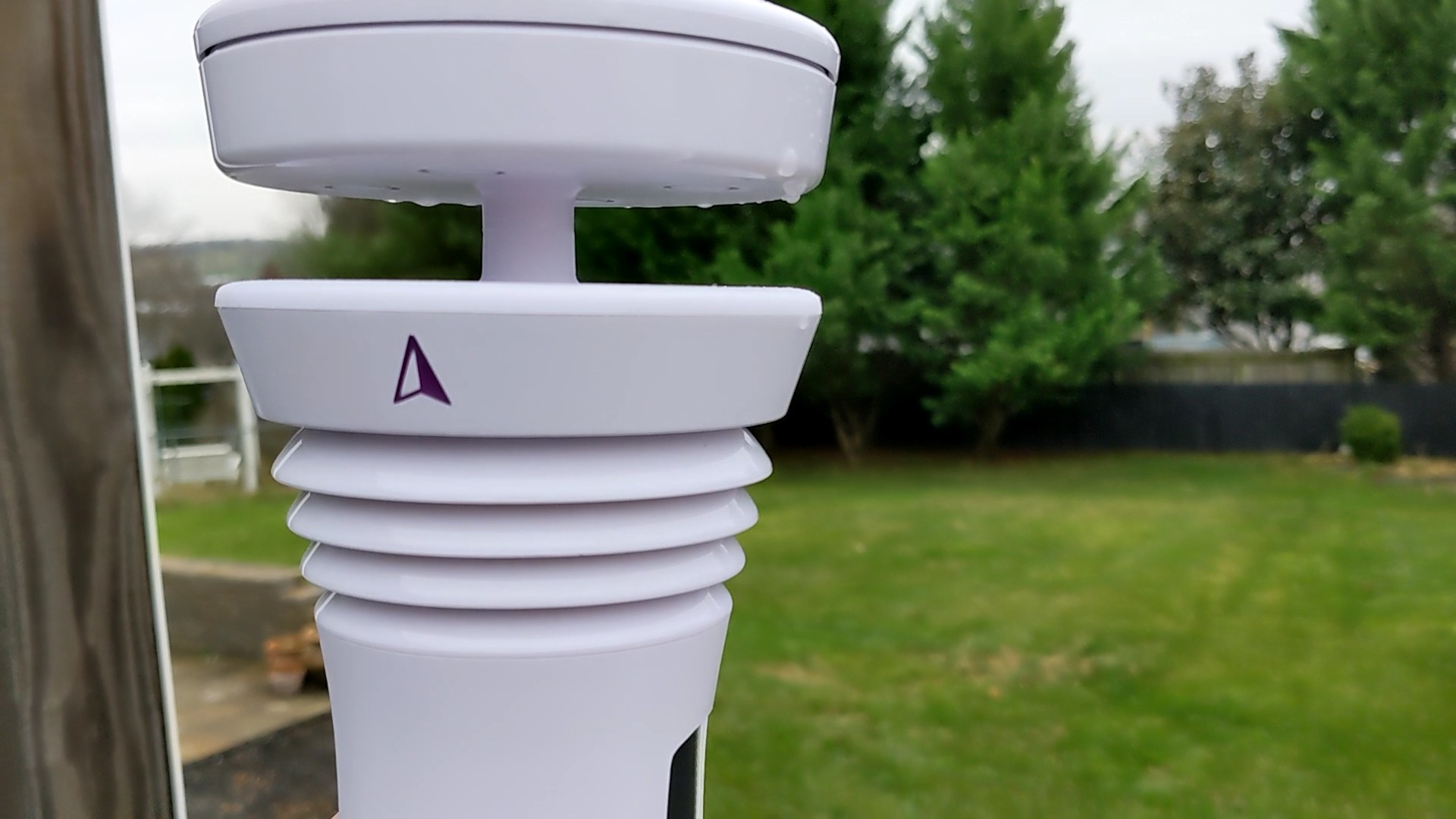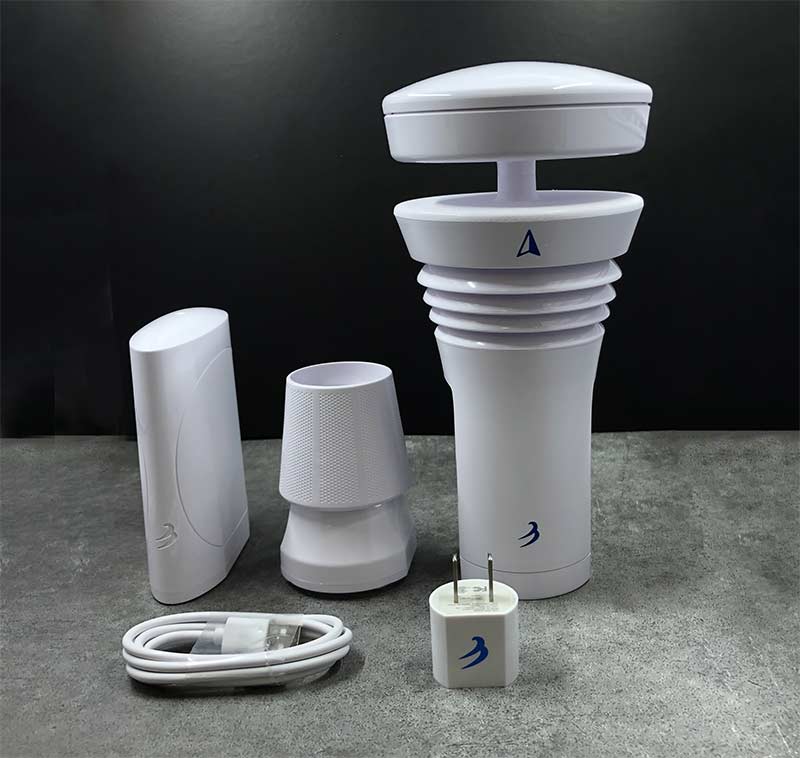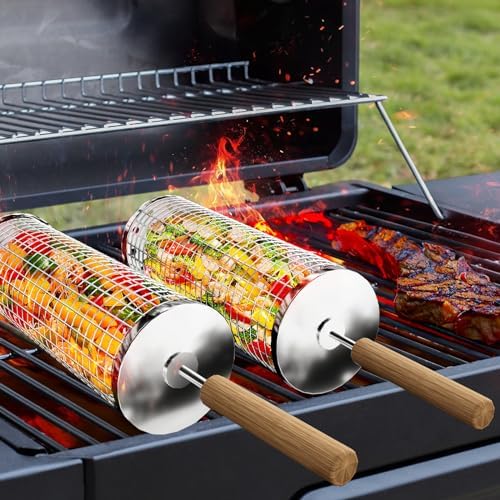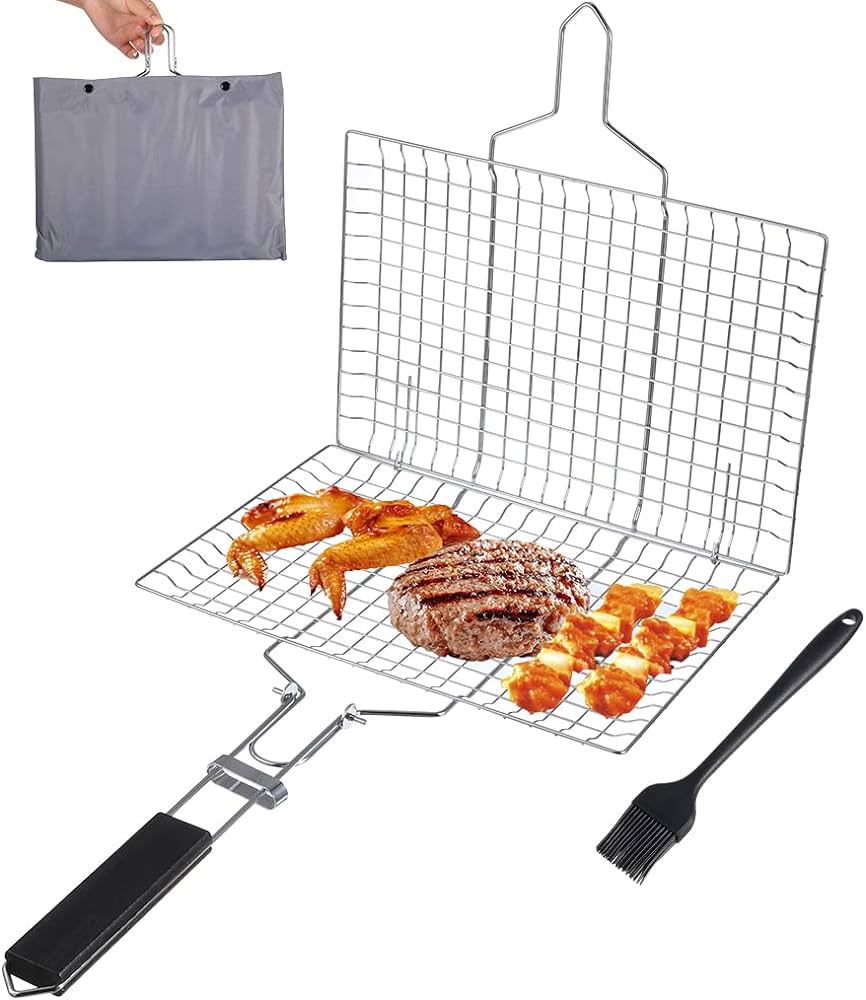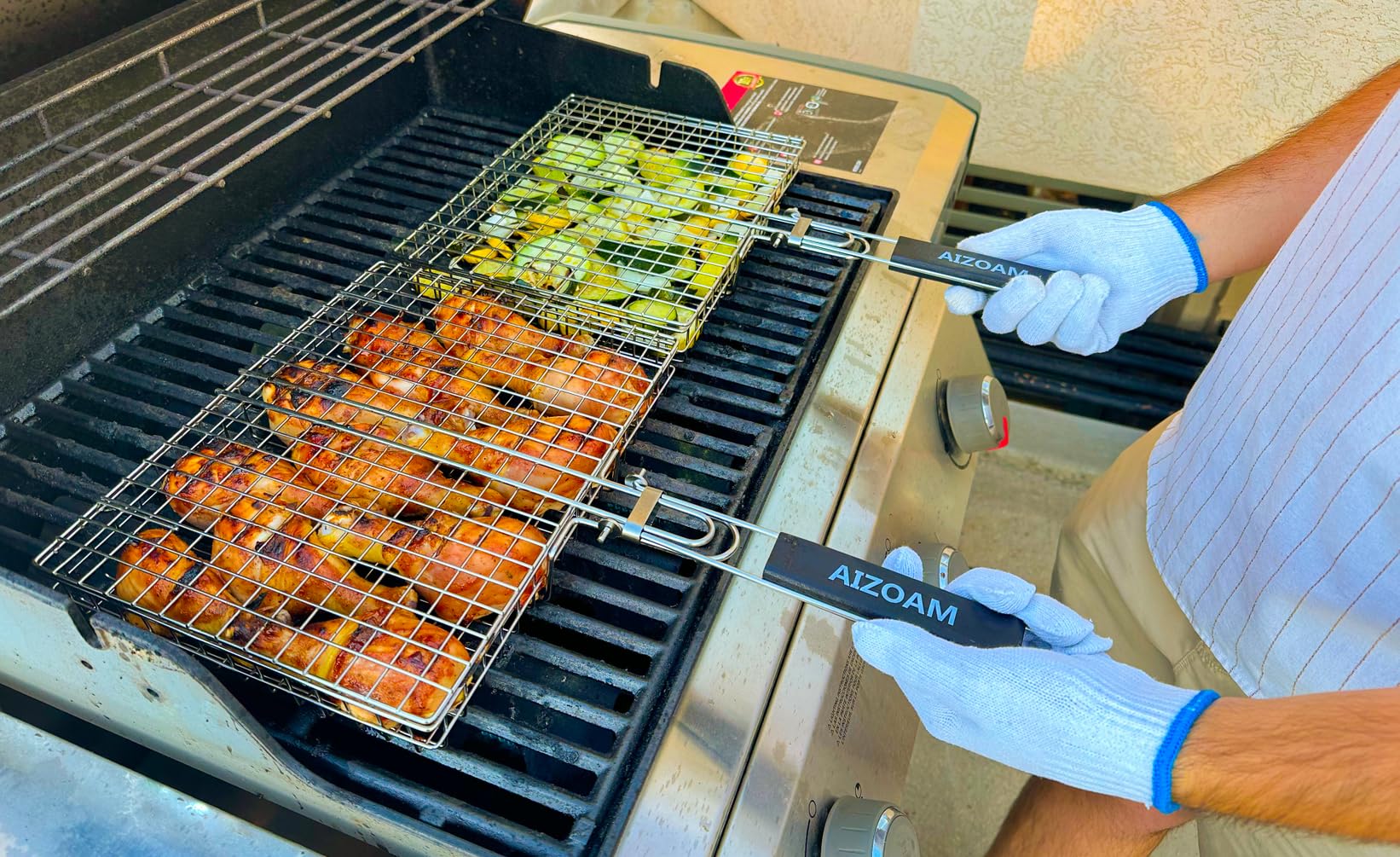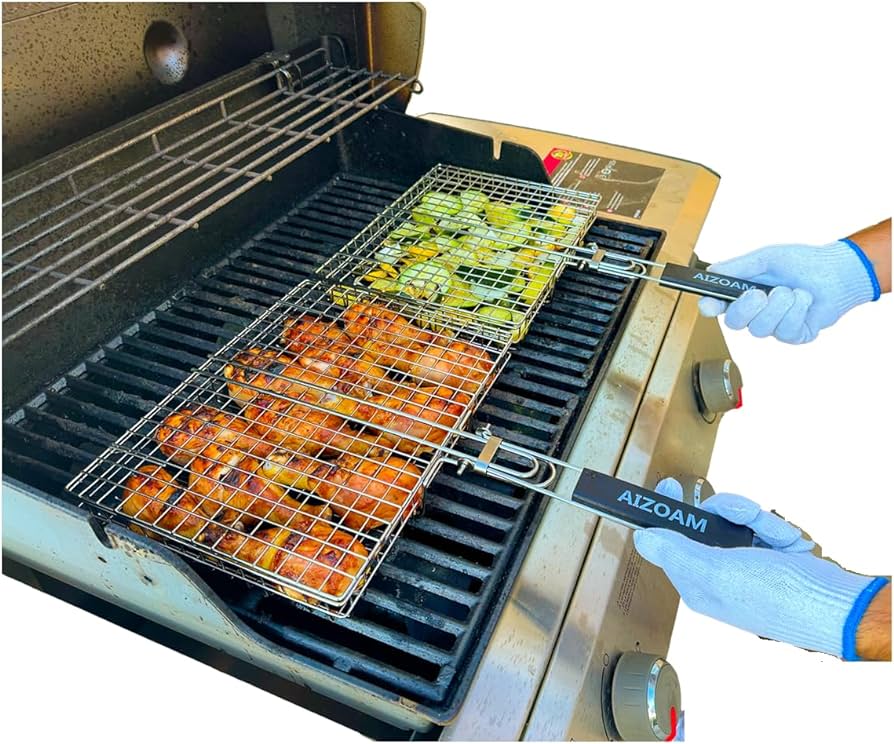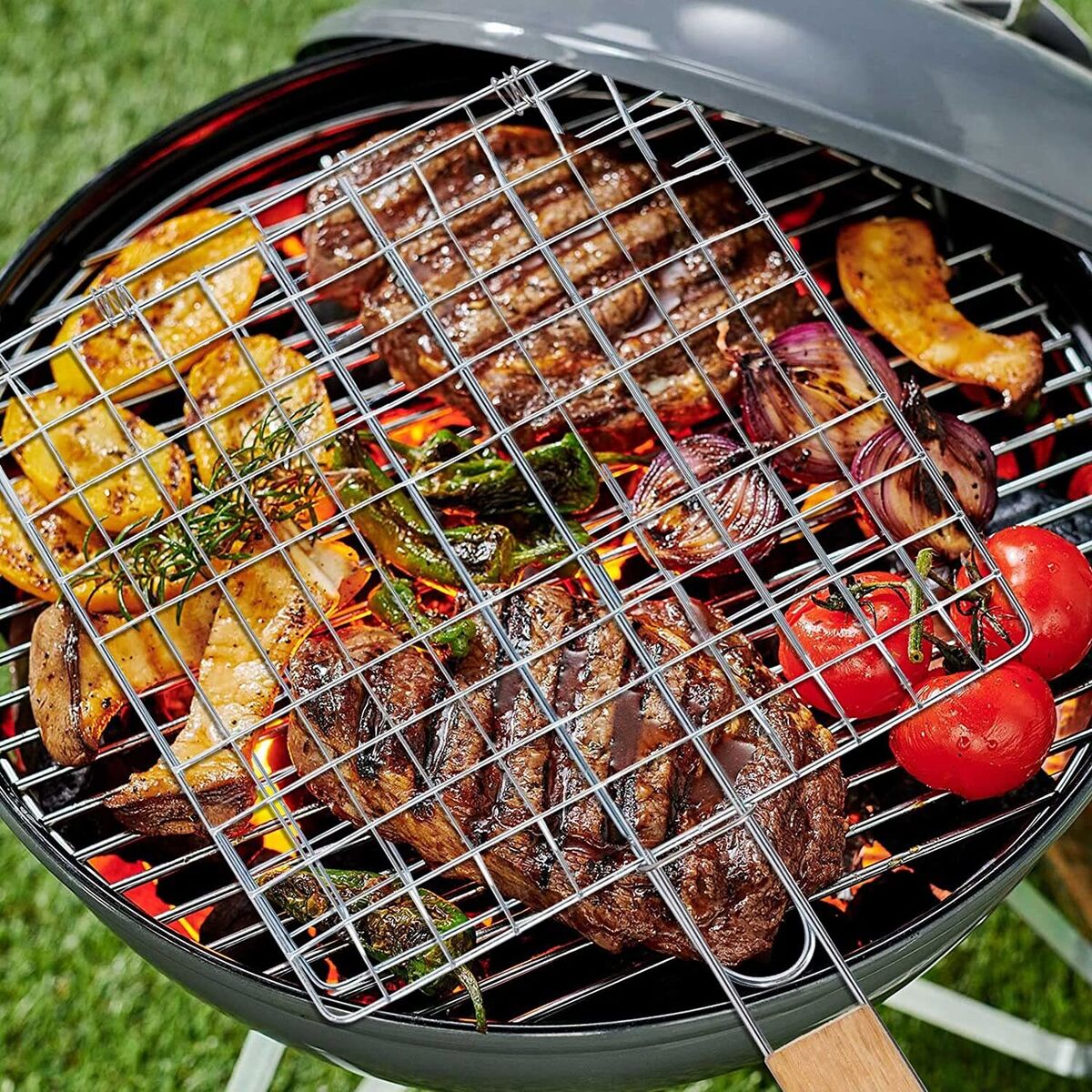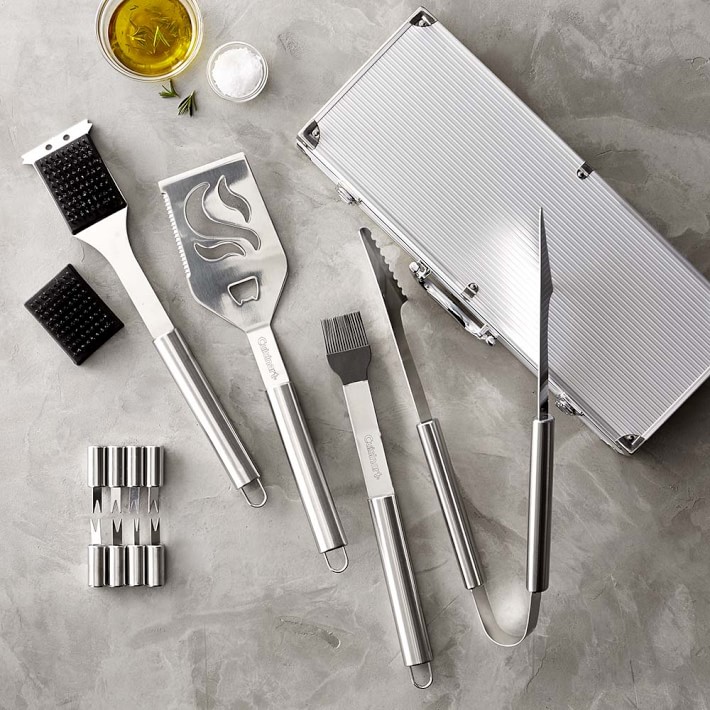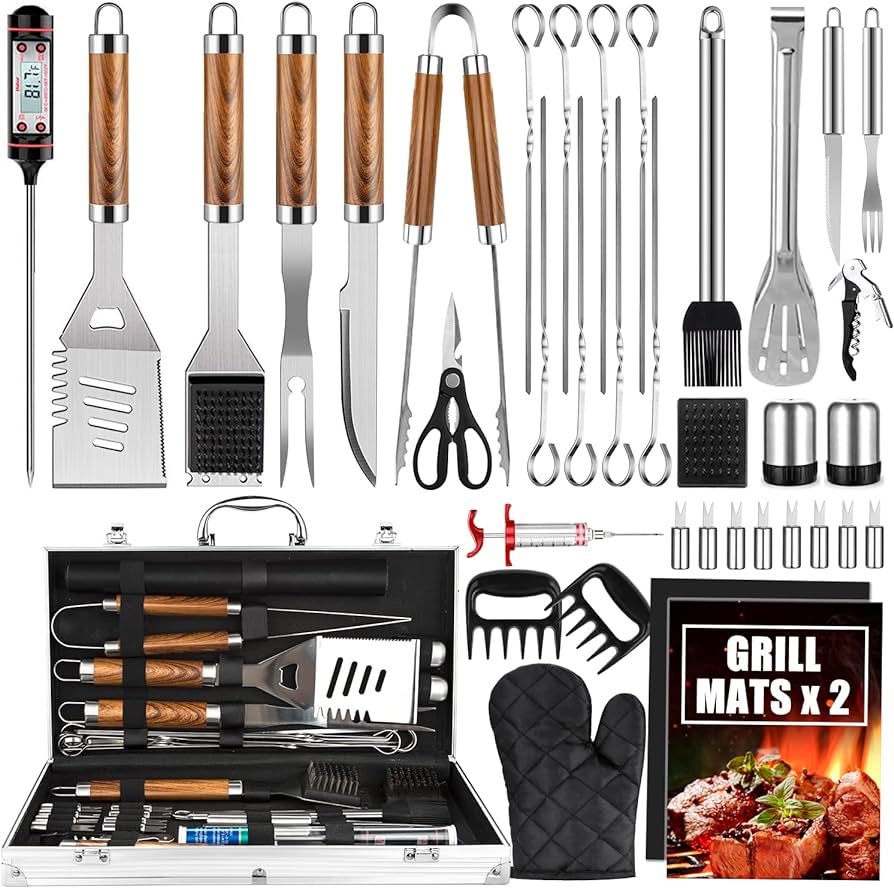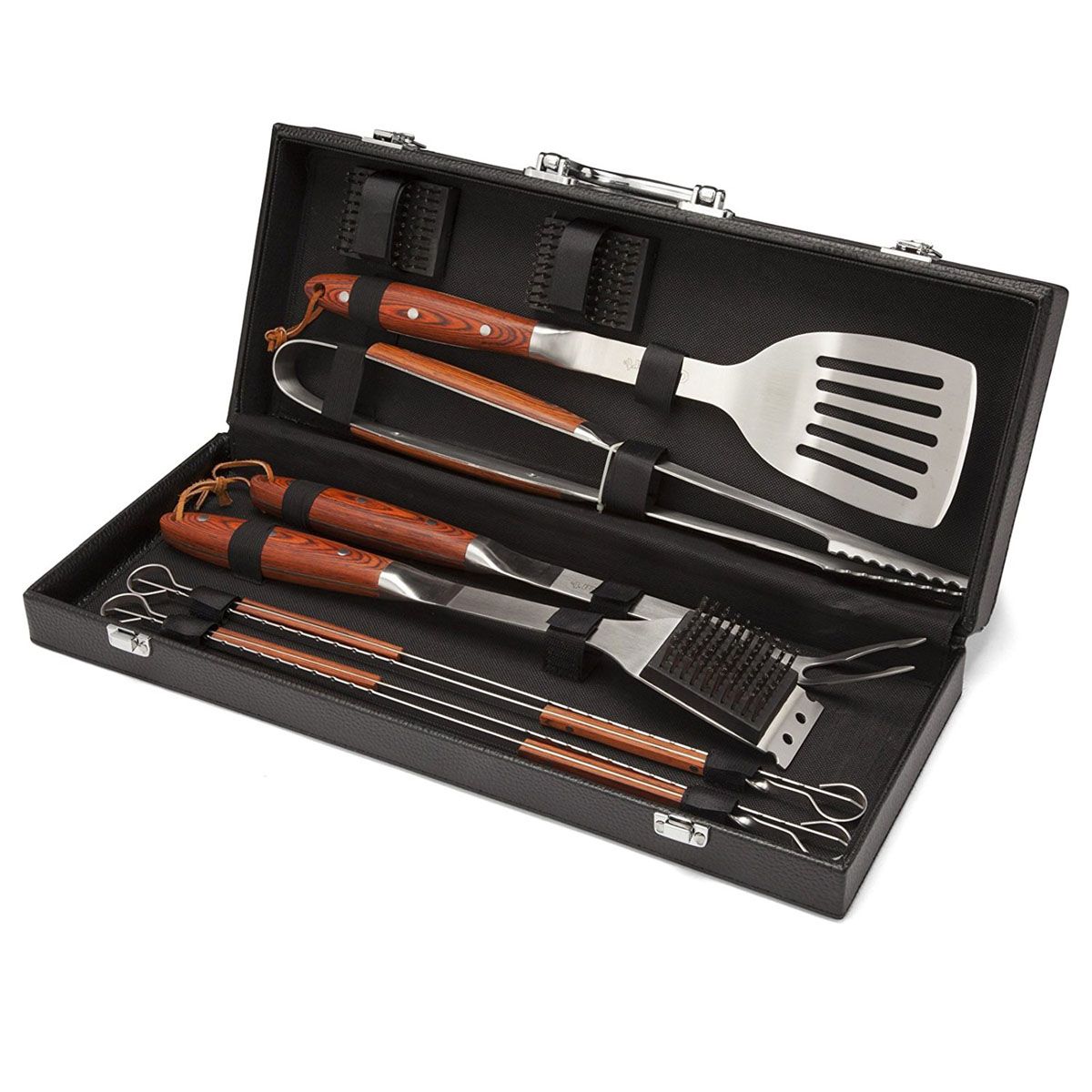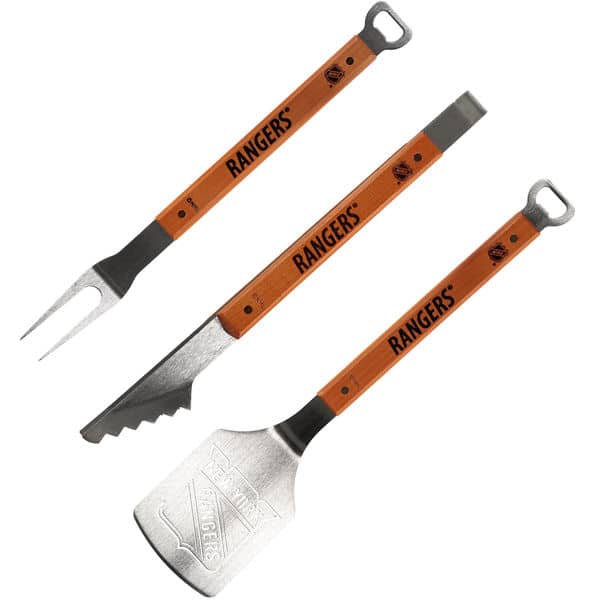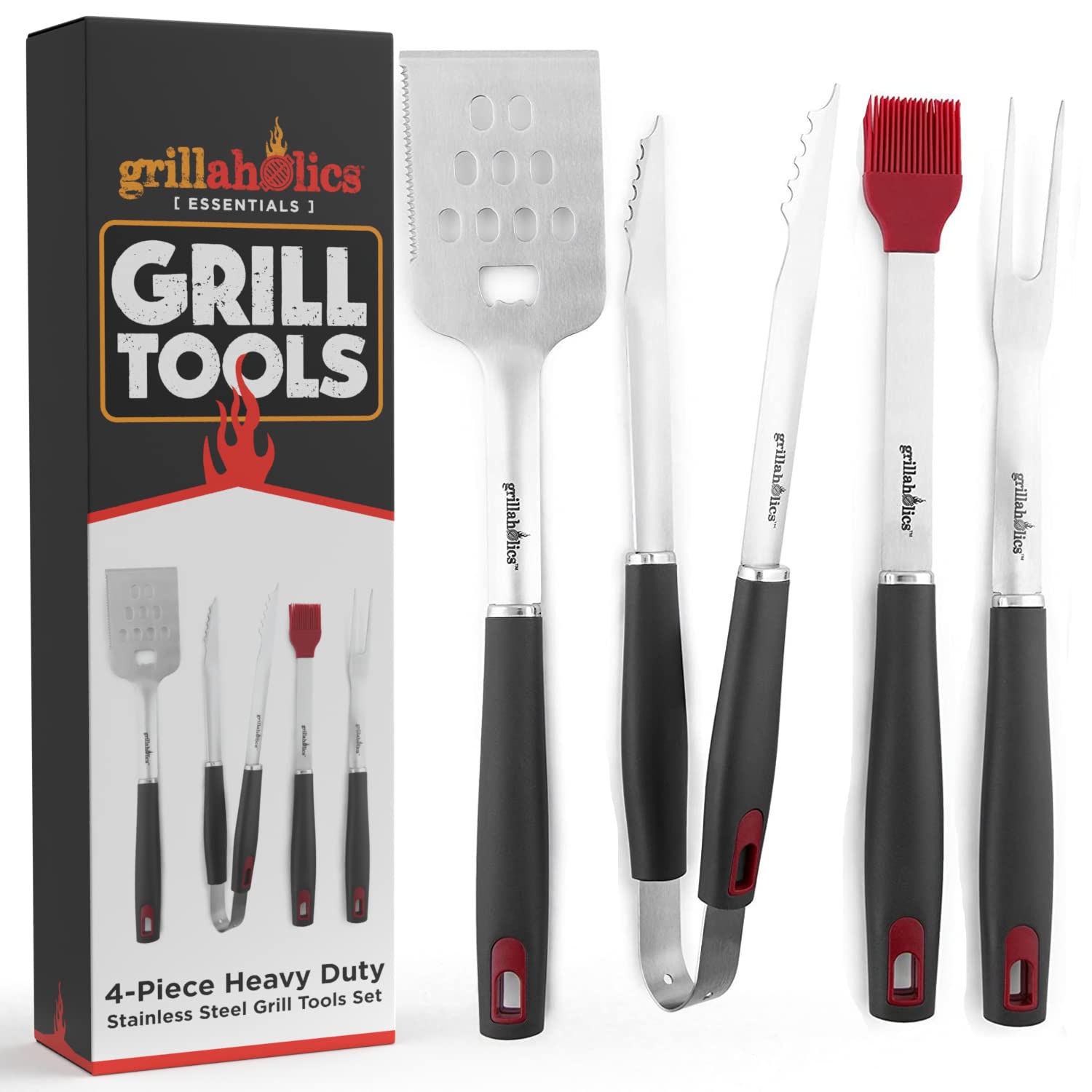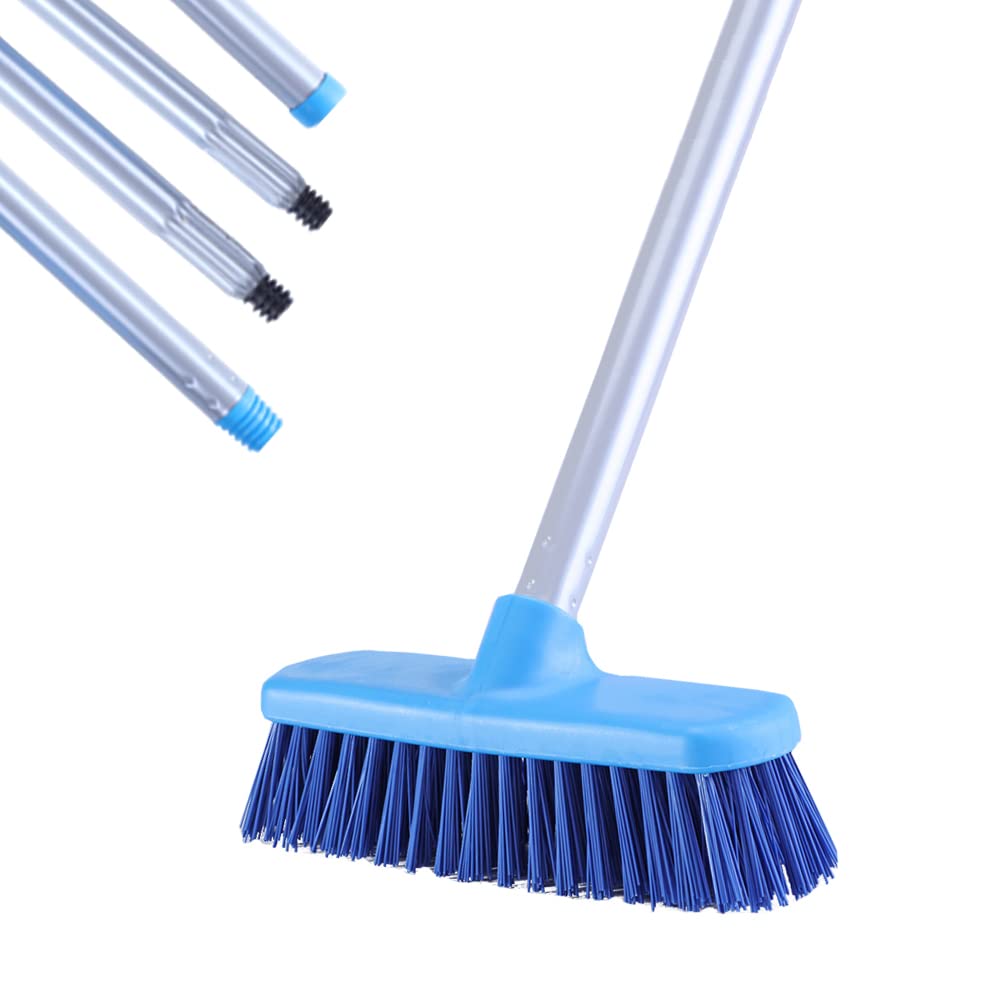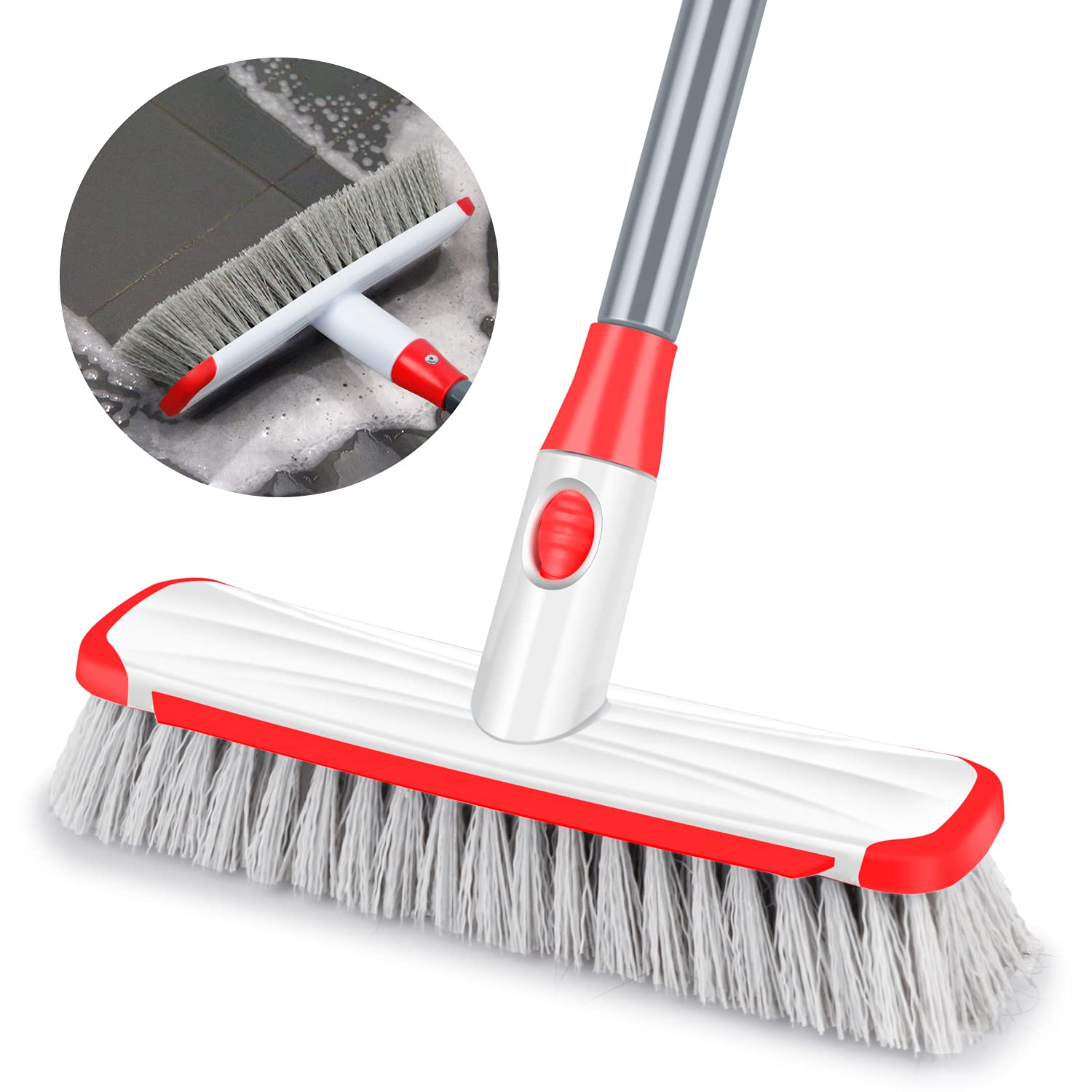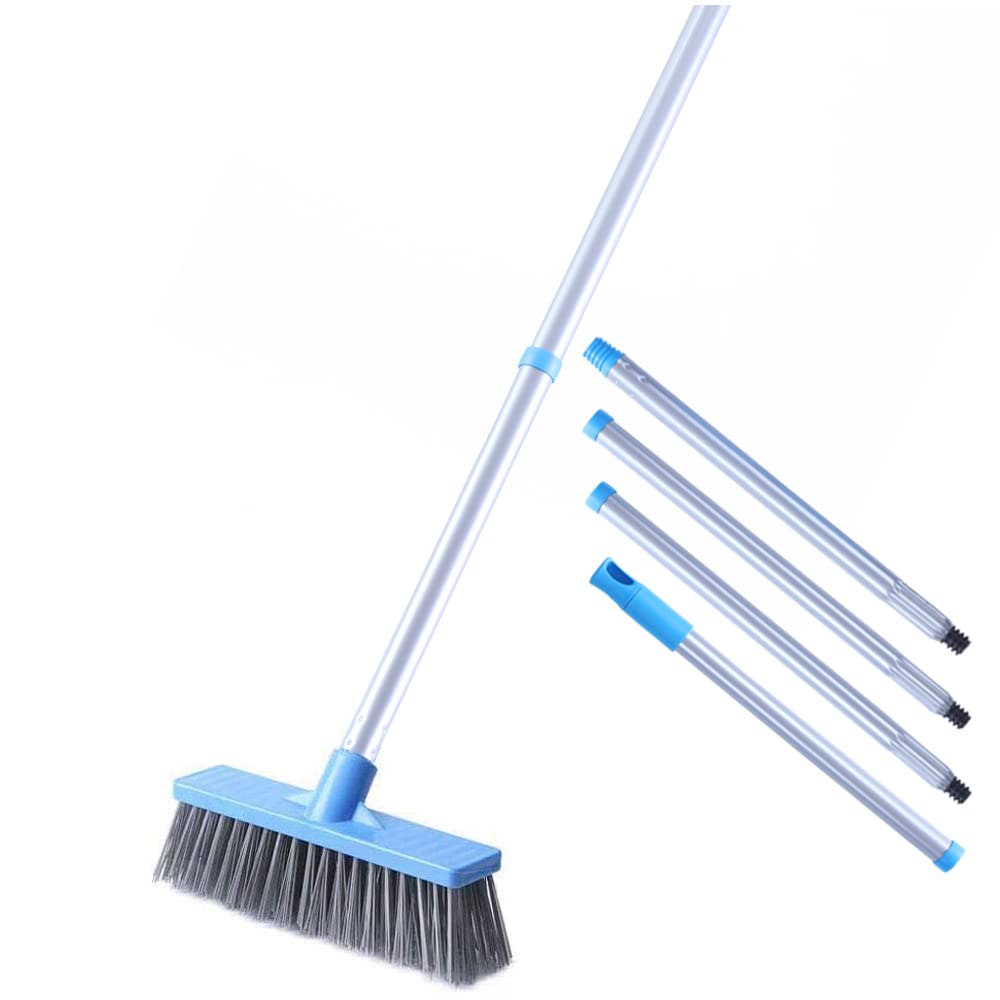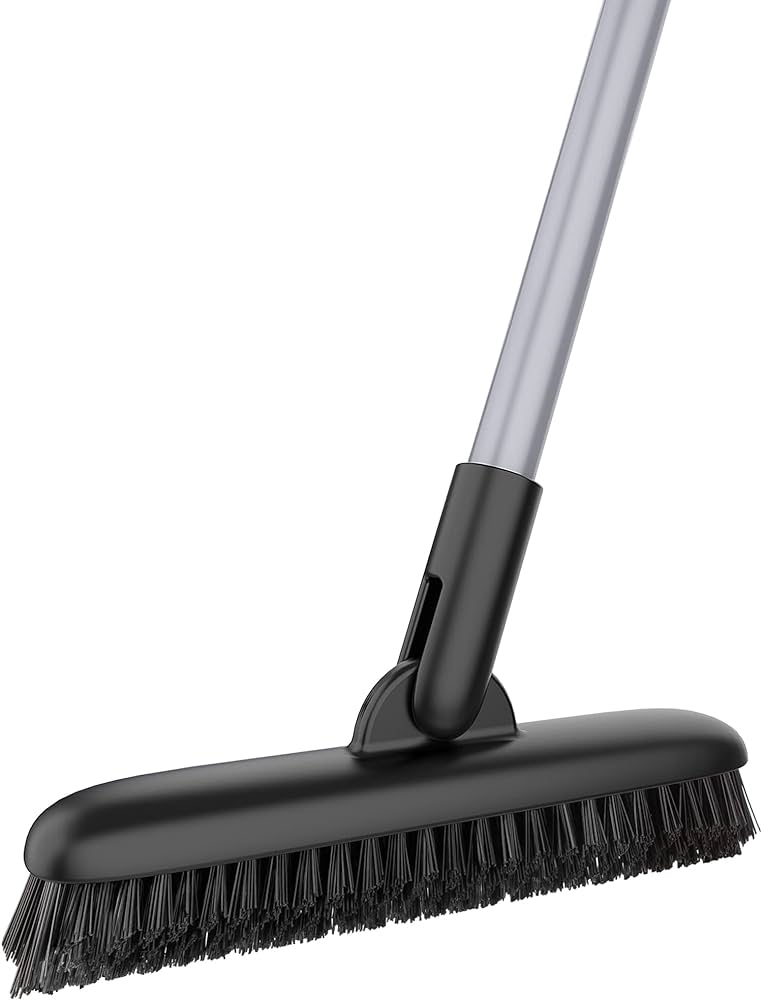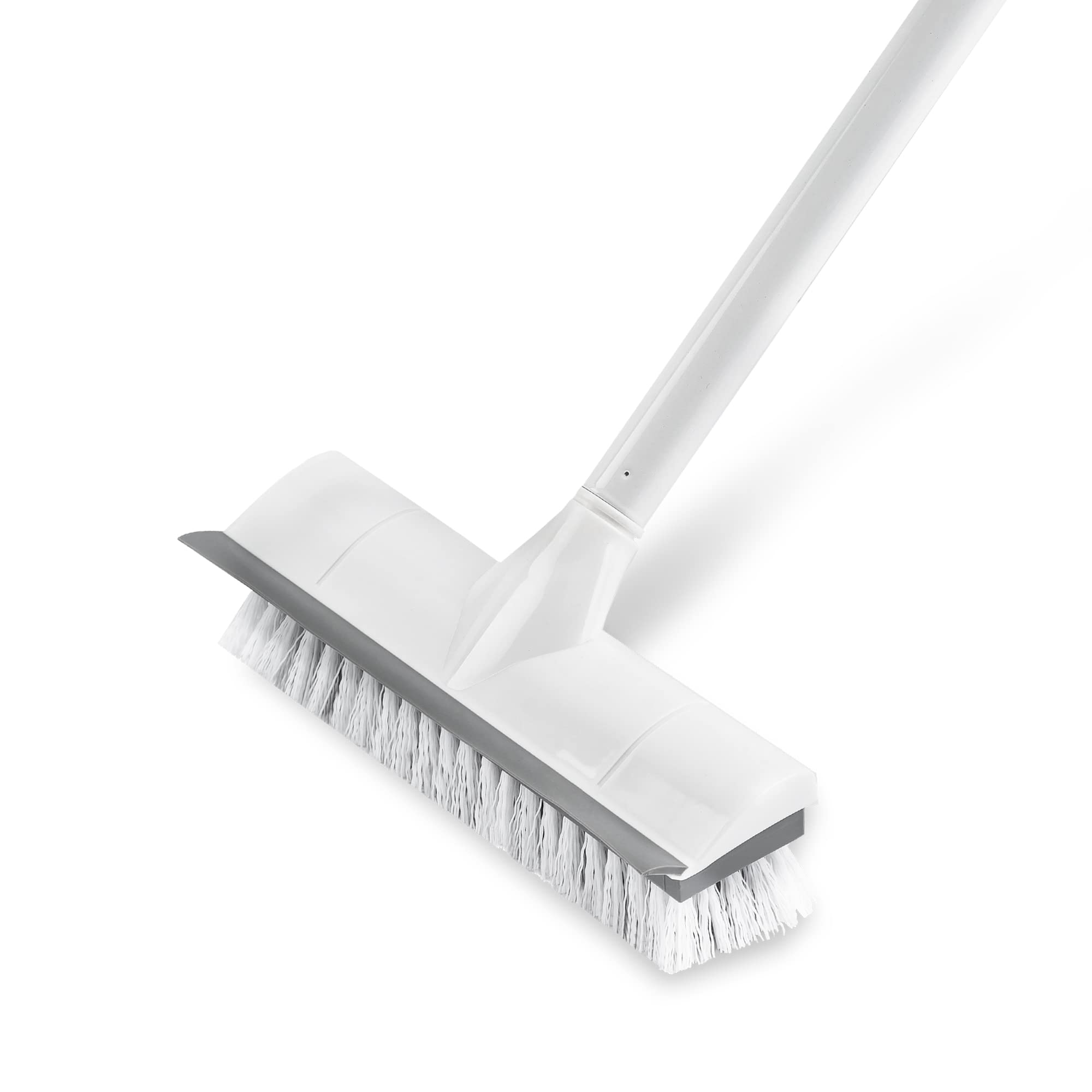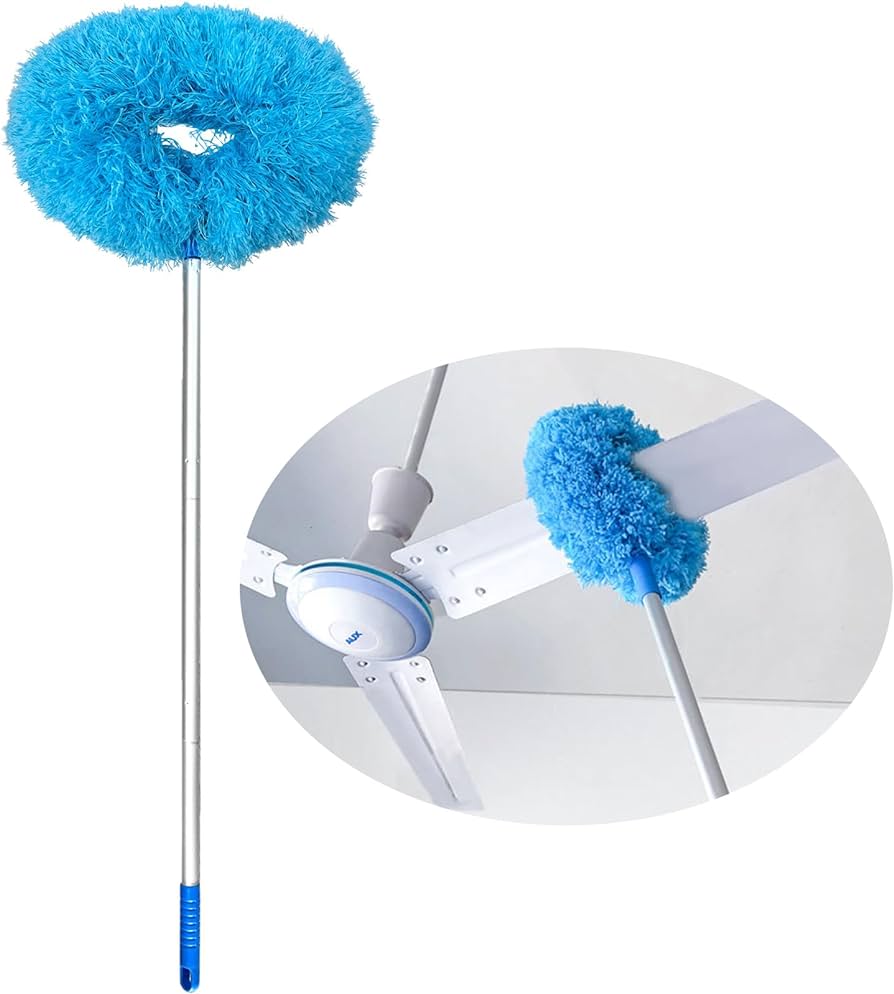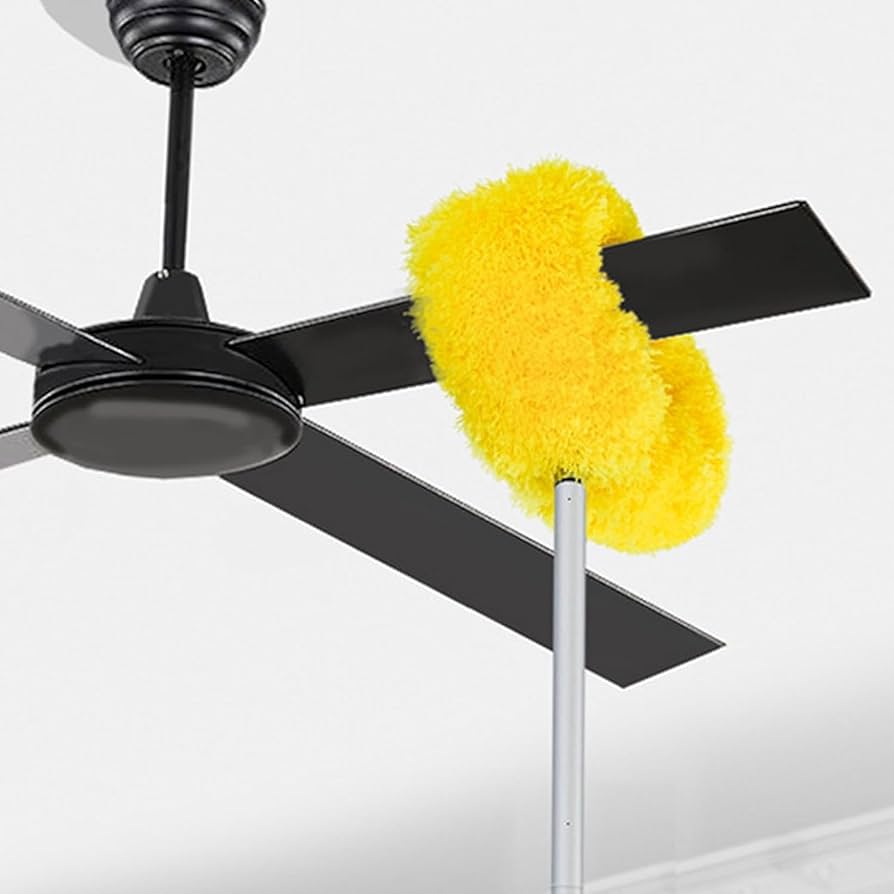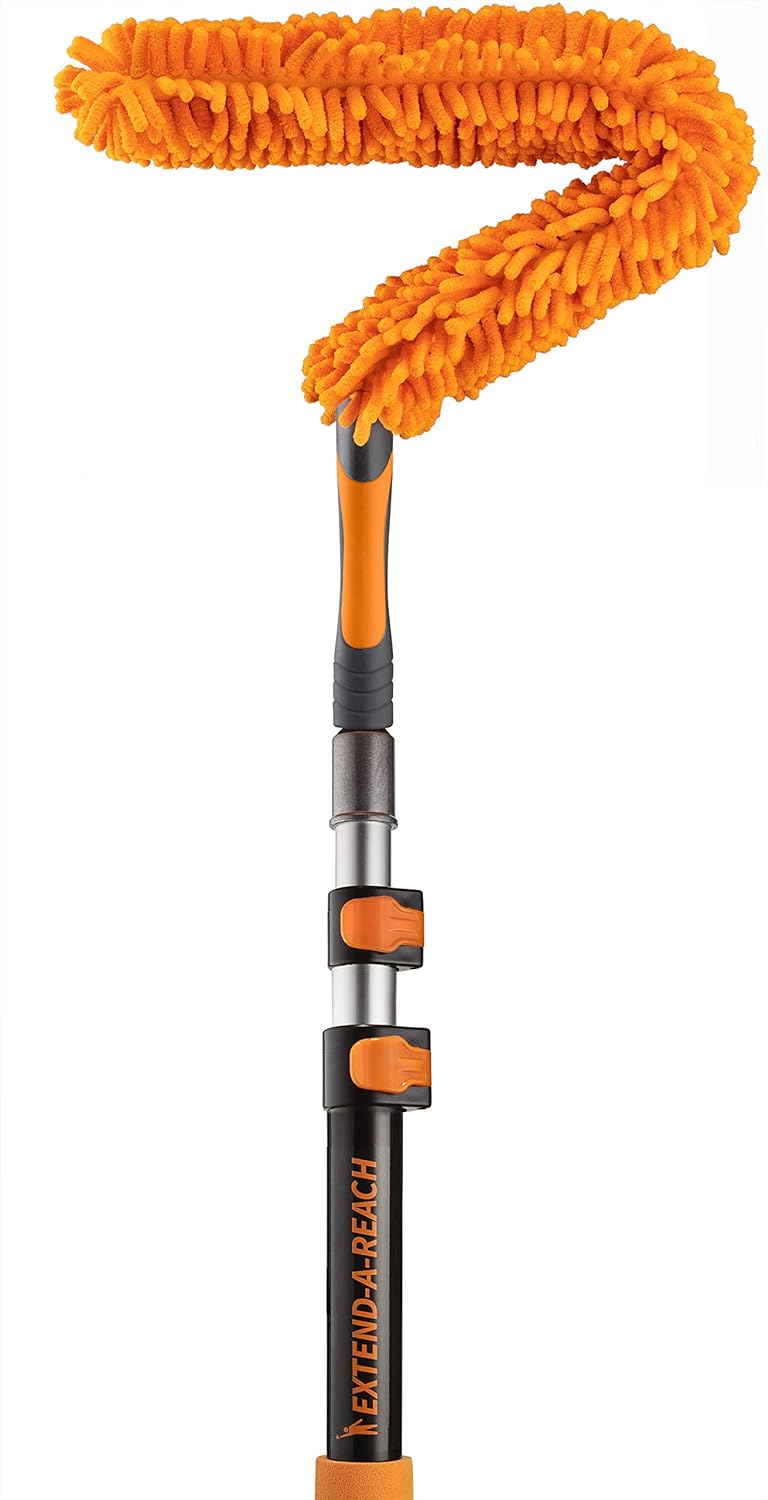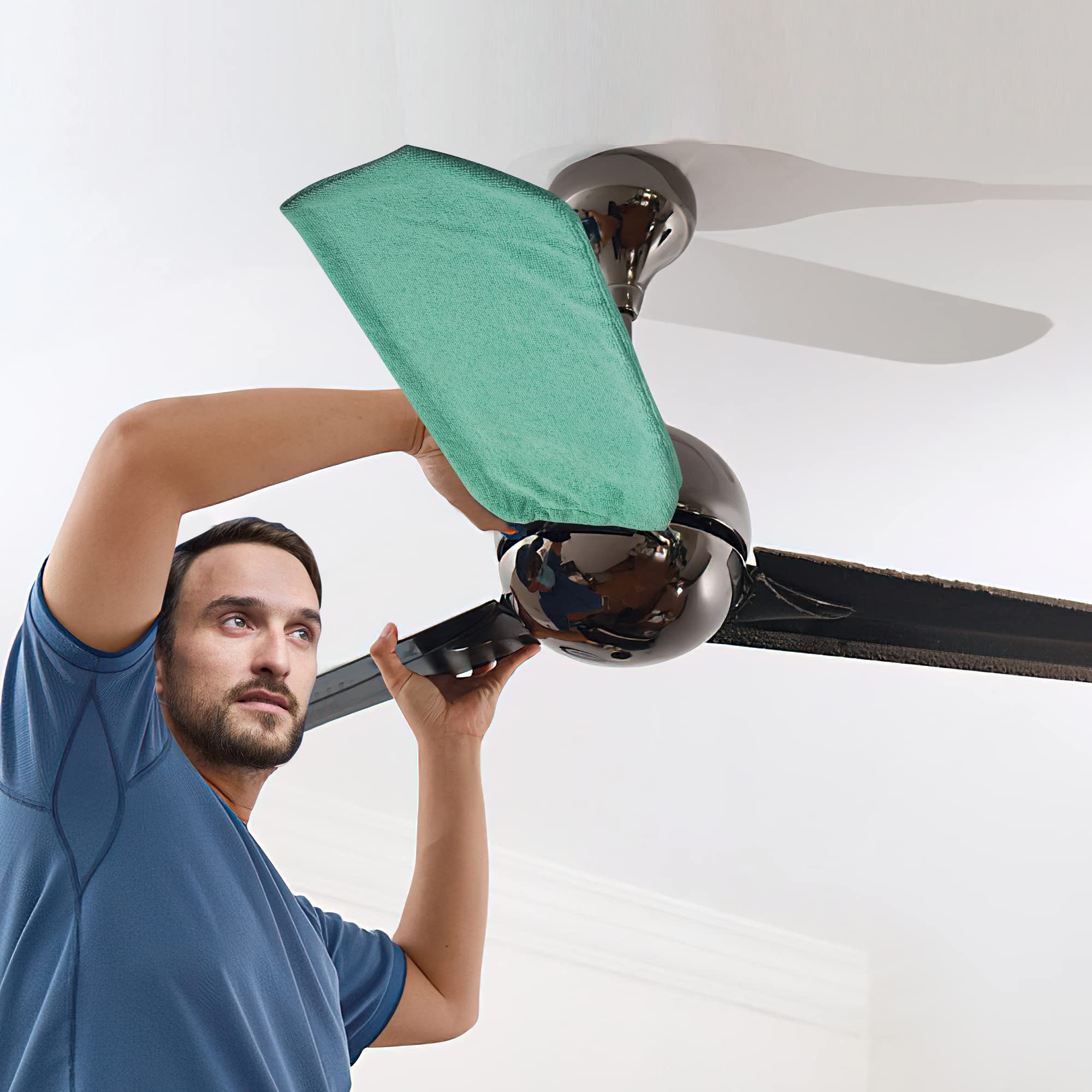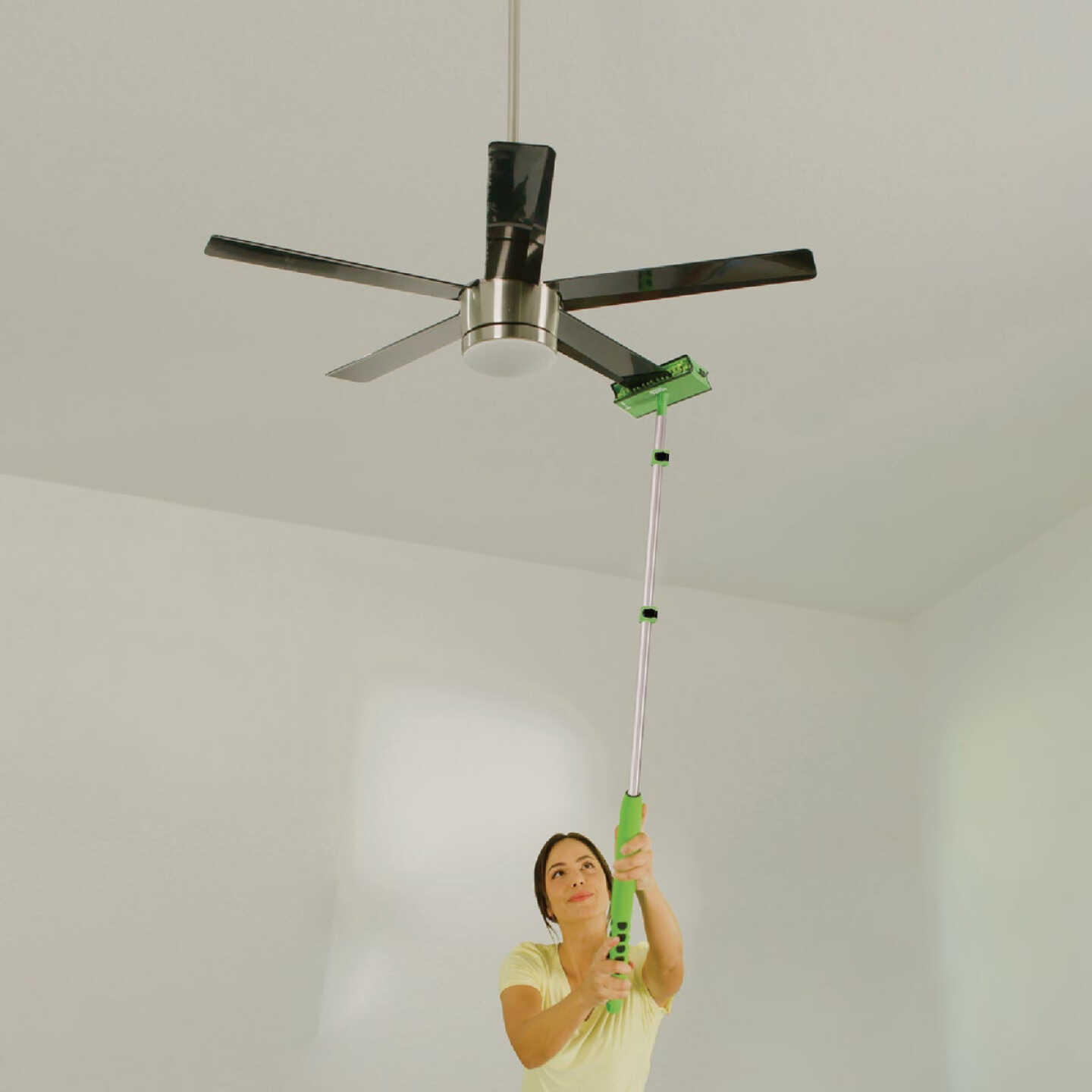Stay Informed and Safe: The Importance of a Lightning Detector
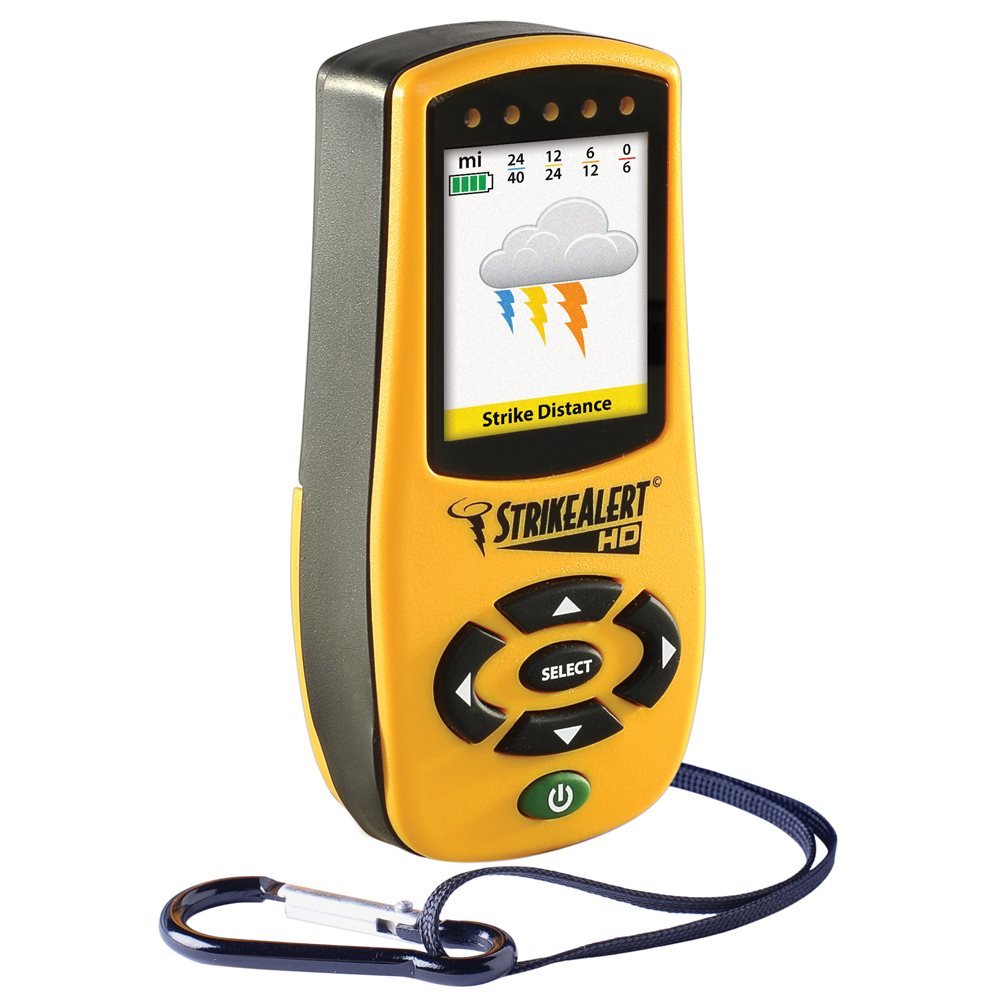
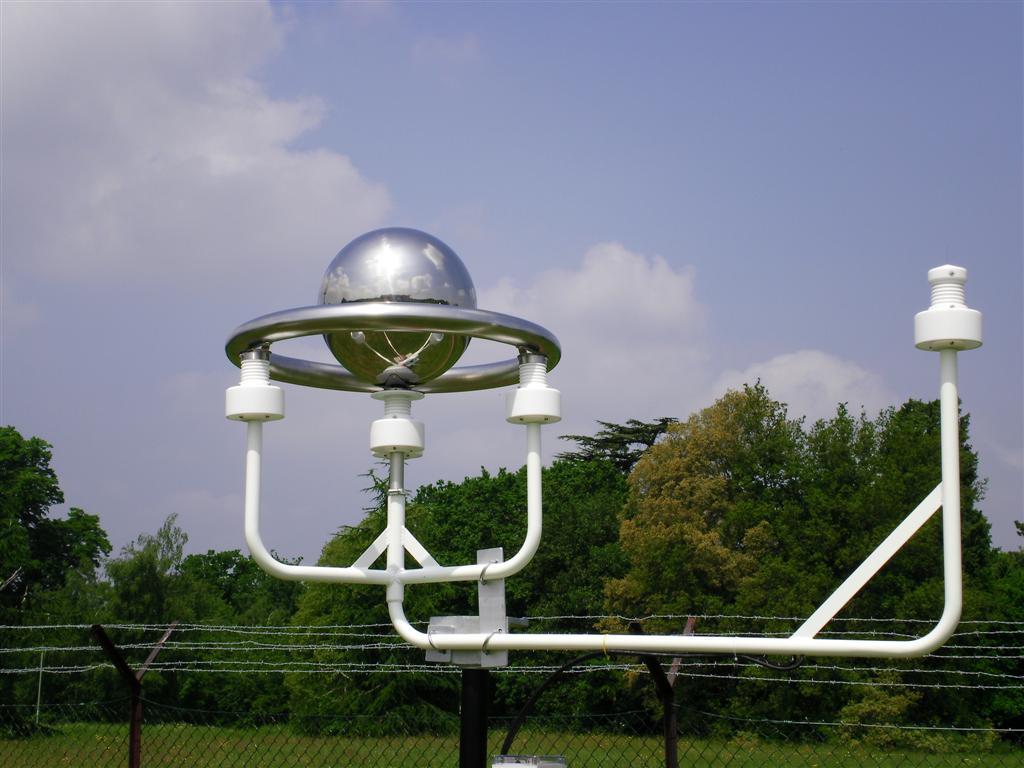 As we venture into the great outdoors, whether it’s for a leisurely hike, a camping adventure, or a day at the beach, we often find ourselves amidst nature‘s splendor. However, amidst this beauty lies a hidden force that demands our respect and attention: lightning. These powerful electrical discharges, capable of unleashing immense energy, pose a significant threat to life and property. This is where lightning detectors emerge as indispensable tools, providing early warning and protection against the hazards of lightning strikes.
As we venture into the great outdoors, whether it’s for a leisurely hike, a camping adventure, or a day at the beach, we often find ourselves amidst nature‘s splendor. However, amidst this beauty lies a hidden force that demands our respect and attention: lightning. These powerful electrical discharges, capable of unleashing immense energy, pose a significant threat to life and property. This is where lightning detectors emerge as indispensable tools, providing early warning and protection against the hazards of lightning strikes.
Understanding Lightning: A Powerful Force of Nature
Lightning, a mesmerizing spectacle that illuminates the sky during thunderstorms, is far more than just a visual display. It is a powerful force of nature, a sudden release of electricity that can travel at speeds of over 100,000 miles per hour. This electrical surge originates from the buildup of charged particles within clouds, creating an imbalance that seeks to equalize.
When this imbalance reaches a critical point, the pent-up energy is discharged in the form of a lightning strike. These strikes can manifest in various forms, including cloud-to-ground lightning, which strikes the earth’s surface, cloud-to-cloud lightning, which occurs within clouds, and intracloud lightning, which remains within a single cloud.
Despite their captivating nature, lightning strikes pose significant dangers to both humans and property. Direct lightning strikes, the most hazardous, can cause severe injuries or even death. Indirect lightning strikes, while less direct, can still cause harm through electrical currents conducted along the ground or through structures. Additionally, lightning strikes can ignite fires, leading to extensive property damage and endangering lives.
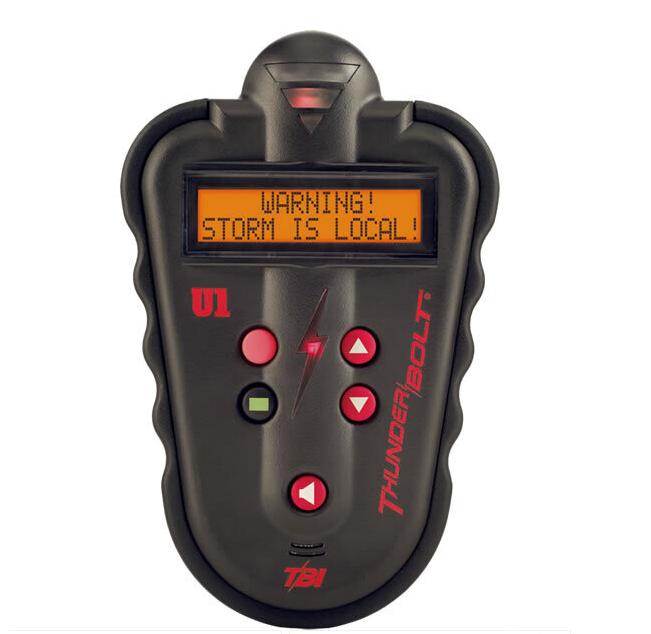
The Role of Lightning Detectors: Early Warning and Protection
In the face of these lightning-related threats, lightning detectors stand as crucial safeguards. These devices, employing sophisticated technology, are designed to detect the electromagnetic pulses produced by lightning strikes. By identifying the location and time of these strikes, lightning detectors provide valuable early warning, allowing individuals and authorities to take proactive measures for protection.
Lightning detectors come in various forms, each serving specific purposes. Ground-based lightning detection networks, utilizing multiple sensors spread across a wide area, triangulate the location of lightning strikes. Airborne lightning detectors, mounted on aircraft, offer wider coverage and real-time data collection, particularly during wildfires or large-scale storms. Space-based lightning detectors, orbiting the Earth, provide global coverage and valuable insights into global lightning patterns.
How Lightning Detectors Work: Unveiling the Technology
At the heart of lightning detection lies the principle of electromagnetic radiation. Lightning strikes, as they discharge immense energy, emit electromagnetic pulses that travel through the air. Lightning detectors are equipped to capture these pulses, converting them into electrical signals that can be processed and analyzed.
Ground-based lightning detection networks employ a network of sensors, strategically positioned across a region. Each sensor detects the electromagnetic pulse emitted by a lightning strike and measures its arrival time. By combining data from multiple sensors, the network can triangulate the location of the strike with high accuracy.
Airborne lightning detectors, mounted on aircraft, offer a distinct advantage. They can provide real-time data collection, particularly during wildfires or large-scale storms, where ground-based networks may face limitations in accessibility or coverage. These airborne detectors continuously scan the skies, pinpointing lightning strikes and relaying data to ground stations.

The Benefits of Lightning Detectors: Enhancing Safety and Knowledge
Lightning detectors offer a multitude of benefits, enhancing safety, knowledge, and preparedness in the face of lightning hazards. Early warning systems, powered by lightning detector data, can alert individuals of approaching lightning strikes, allowing them to seek shelter and minimize their risk of exposure.
Critical infrastructure, such as power grids, communication networks, and transportation systems, can be protected from lightning-induced damage through the integration of lightning detector technology. Timely warnings can enable preemptive measures to safeguard these vital systems, minimizing disruptions and ensuring their continued operation.
Lightning detectors also play a crucial role in weather forecasting. By providing accurate data on lightning activity, meteorologists can gain a deeper understanding of thunderstorm development and improve their ability to predict severe weather events. This information can be used to issue timely warnings and advisories, protecting communities from potential hazards.
Furthermore, lightning detector data contributes significantly to scientific research. By studying lightning patterns and their correlation with atmospheric processes, scientists can gain valuable insights into the dynamics of thunderstorms, cloud formation, and the overall electrical behavior of the atmosphere.
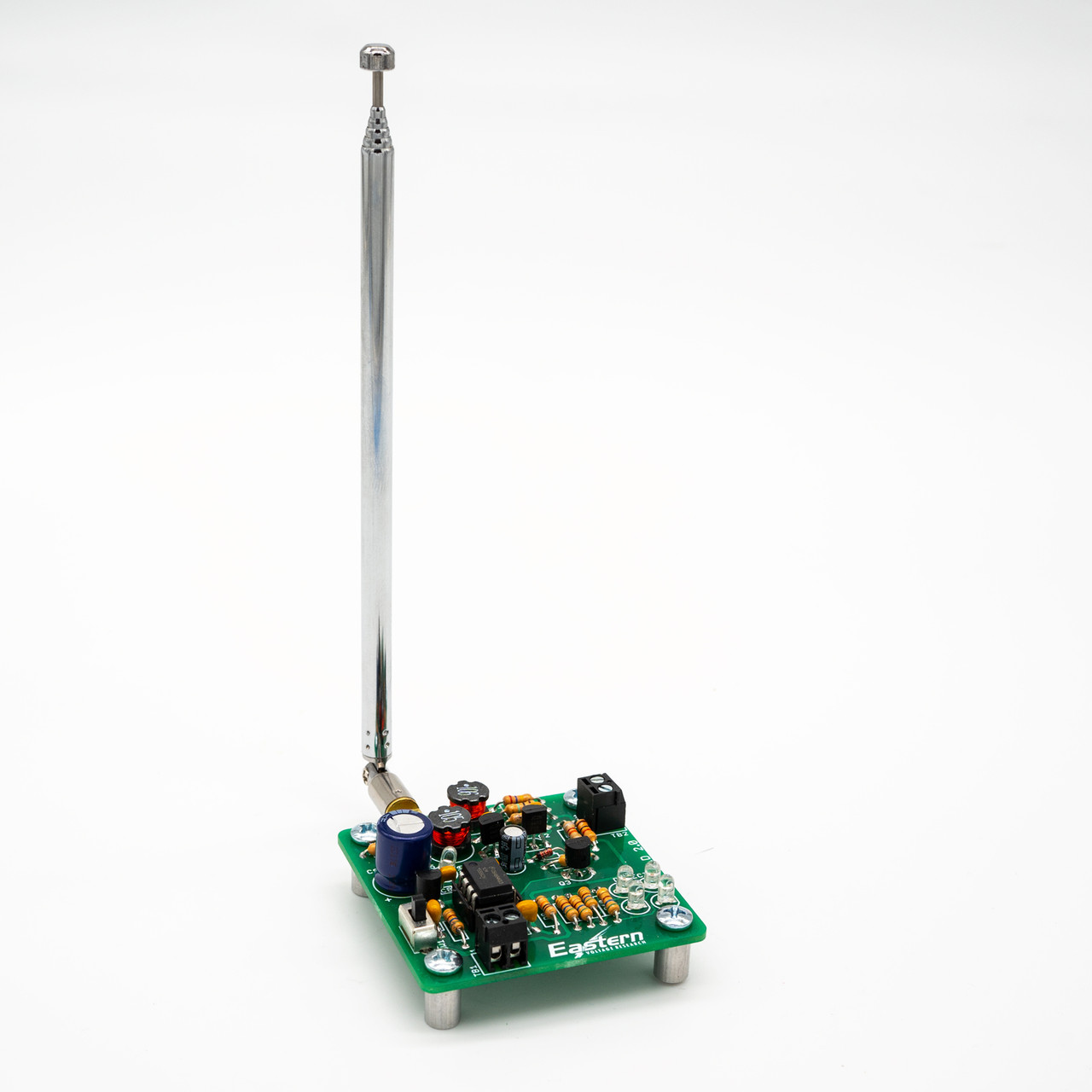
Examples of Lightning Detectors: Real-World Applications
Lightning detector technology has been implemented worldwide, providing protection and valuable data in various regions. The National Lightning Detection Network (NLDN) in the United States operates one of the most extensive ground-based lightning detection networks, covering a vast area of the country.
The European Cooperation for Lightning Detection (EUCLID) network similarly provides lightning detection services across Europe, while the Global Lightning Detection Network (GLDN) offers global coverage, combining data from multiple ground-
based and space-based systems. Airlines and aviation authorities employ lightning detection systems to ensure the safety of aircraft during thunderstorms, providing real-time data on lightning activity along flight paths.
Limitations and Challenges of Lightning Detection Technology
Despite their significant advantages, lightning detection technology faces certain limitations and challenges. The detection range and accuracy of these systems can be influenced by various factors, such as terrain, atmospheric conditions, and the type of lightning strike. For instance, cloud-to-cloud lightning strikes may be less detectable compared to cloud-to-ground strikes.
Furthermore, lightning detection systems can generate false positives and missed detections. Electrical sources other than lightning, such as power line surges or man-made electromagnetic pulses, may occasionally trigger false alarms. Conversely, certain lightning strikes, particularly those occurring at the fringes of a network’s detection range, might be missed.
The field of lightning detection technology is continuously evolving to address these limitations. Researchers are working on improving the sensitivity and accuracy of detection algorithms, as well as expanding the reach and coverage of lightning detection networks.

The Future of Lightning Detection: Advancing the Technology
As we look towards the future, lightning detection technology stands poised to undergo further advancements. Researchers are developing next-generation lightning detection systems, incorporating new technologies and sophisticated algorithms to enhance their capabilities. These advancements may include the use of artificial intelligence to better distinguish between lightning strikes and other electrical sources, and the integration of real-time data from various sources, such as weather radar and satellite imagery, to provide a more comprehensive picture of storm activity.
Lightning detection data will also be increasingly integrated with weather forecasting models. This will enable meteorologists to develop more accurate and localized forecasts, allowing for more targeted warnings and improved preparedness for severe weather events. Additionally, lightning detection technology holds promise for applications beyond weather forecasting. For instance, real-time lightning data can help predict and prevent wildfires by identifying areas at high risk of lightning-induced ignition. Similarly, wildlife conservation efforts can utilize this data in tracking the movement of birds during thunderstorms to minimize collisions with aircraft.
Conclusion: The Value of Lightning Detection in a Changing World
In conclusion, lightning detectors play an indispensable role in our modern world. They serve as vital tools for protecting lives, property, and critical infrastructure from the dangers of lightning strikes. By providing early warning and valuable data, lightning detection technology empowers us to make informed decisions and take proactive measures to ensure our safety. As lightning detection technology continues to advance, its applications will undoubtedly expand, contributing to a more informed and prepared society.


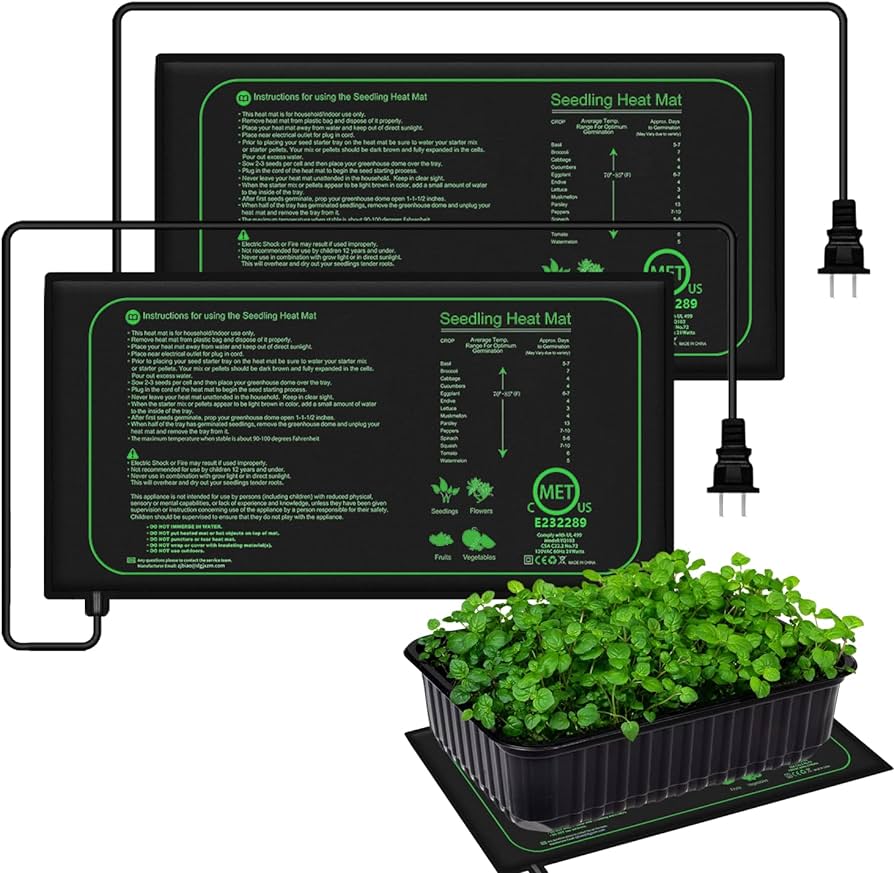


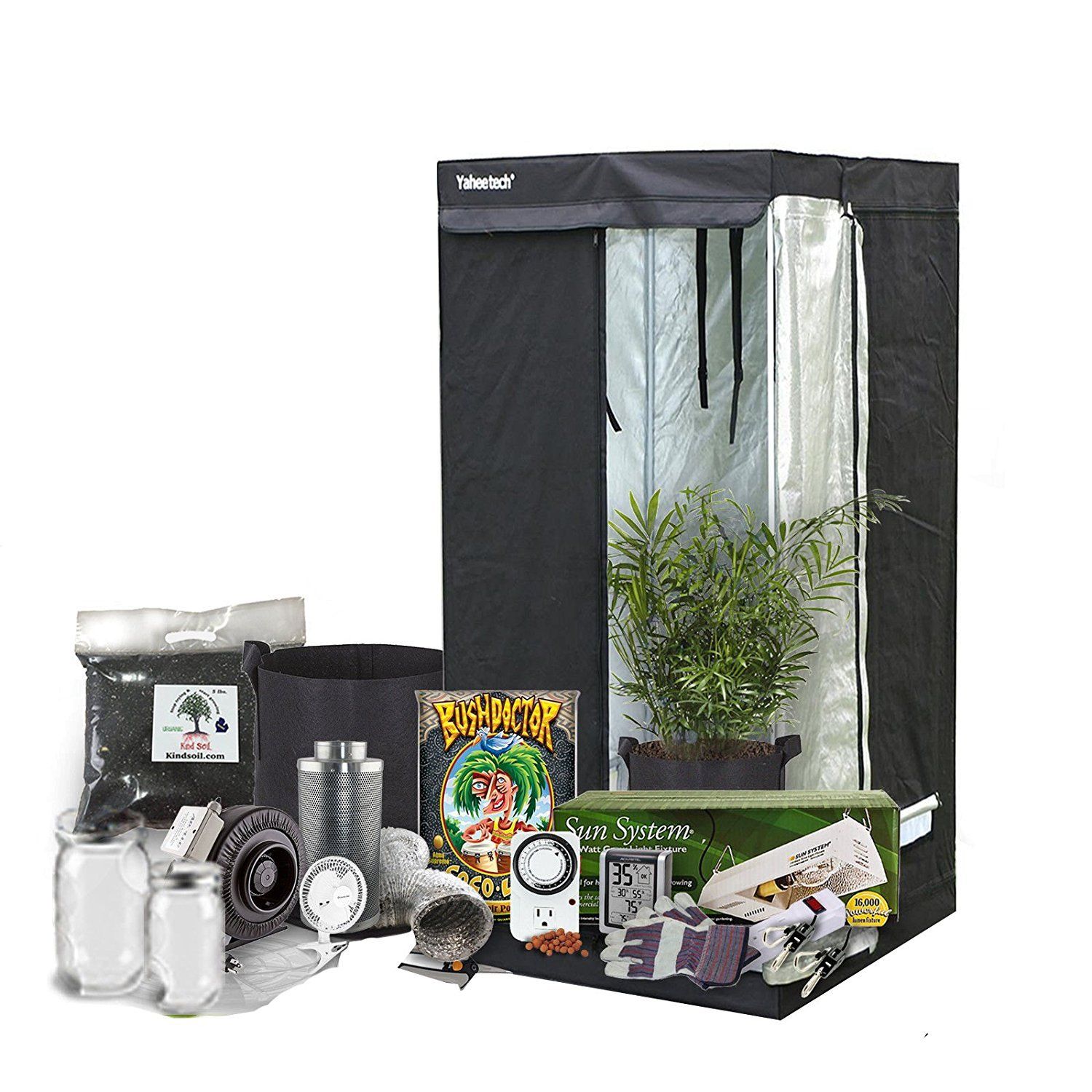



 Optimizing Environmental Conditions in Your Growing Tent
Optimizing Environmental Conditions in Your Growing Tent